This website uses cookies so that we can provide you with the best user experience possible. Cookie information is stored in your browser and performs functions such as recognising you when you return to our website and helping our team to understand which sections of the website you find most interesting and useful.
Bilhorod-Dnistrovskyi Territorial Community
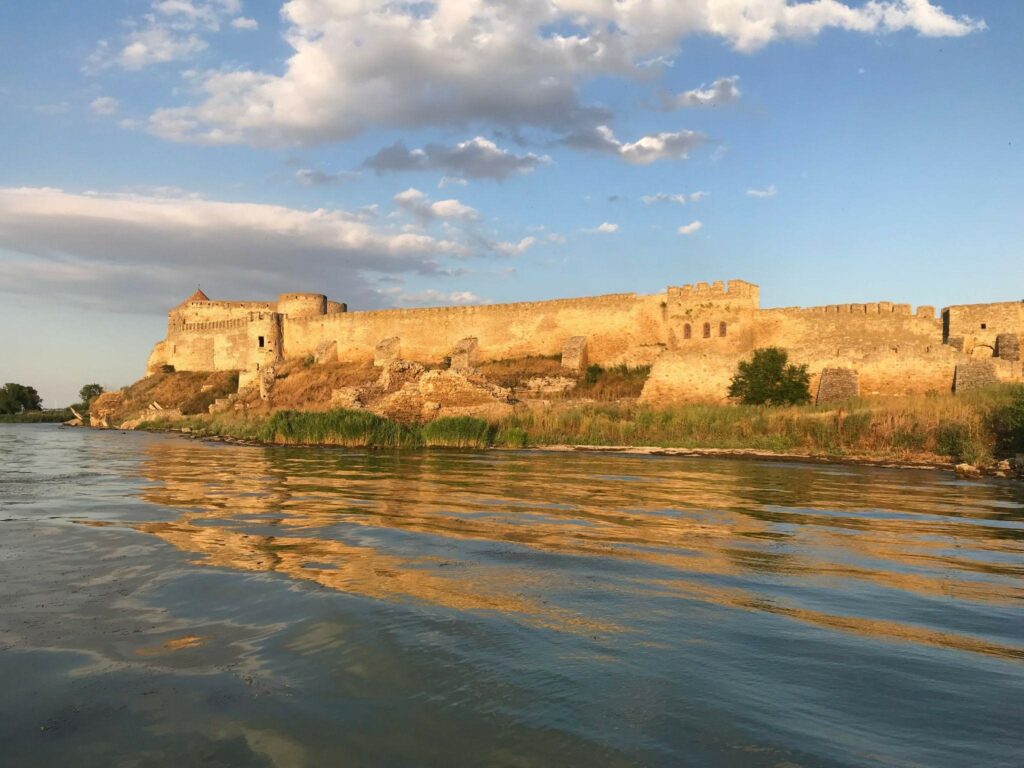
The Bilhorod-Dnistrovskyi Urban Territorial Community is located on the banks of the Dniester Estuary and is 20 km from the Black Sea coast in the Odesa region.
Bilhorod-Dnistrovskyi is the centre of the administrative district of 16 united territorial communities within the newly formed Bilhorod-Dnistrovskyi district.
The total area of the Community’s territory is 19,1 km2.
The town’s external logistics are provided by road, rail, and water transport.
The Odesa-Izmail and Odesa-Reni highways and the Odesa-Izmail railway pass through Bilhorod-Dnistrovskyi.
Odesa is 86 km away from Bilhorod-Dnistrovskyi by car.
The nearest airport (Odesa) is located at a distance of 70 km.
The population of Bilhorod-Dnistrovskyi was 47,727 people as at January 01, 2022.
Today, 2,042 internally displaced persons are officially registered in the town.
History
Bilhorod-Dnistrovskyi is the oldest and one of the most outstanding towns both in Ukraine and Europe. Its history goes back to over two and a half millennia. The first colony here was founded in the 4th century BC.
Then ancient Greek colonists from Miletus arrived here and founded the village of Ophiussa (the town of snakes). When it grew to the size of a town, Ophiussa was renamed Tyras.
The town was under the rule of Rome, Kyivan Rus, the Golden Horde, the Ottoman and Russian Empires and changed its name many times, but any new name was translated as the “White City”.
Bilhorod-Dnistrovskyi has a remarkable number of various cultural heritage monuments.
The town has more than 60 monuments of archaeology, history, architecture, monumental art and urban planning. Among them are: 35 architectural and urban planning monuments, 18 historical monuments, 3 archaeological monuments and 1 monumental art object. The main tourist attraction is the Bilhorod-Dnistrovskyi Fortress (14th-18th centuries) and the ancient town of Tyras (a multilayered settlement of the 4th-6th centuries BC). They are both national historical and cultural monuments.
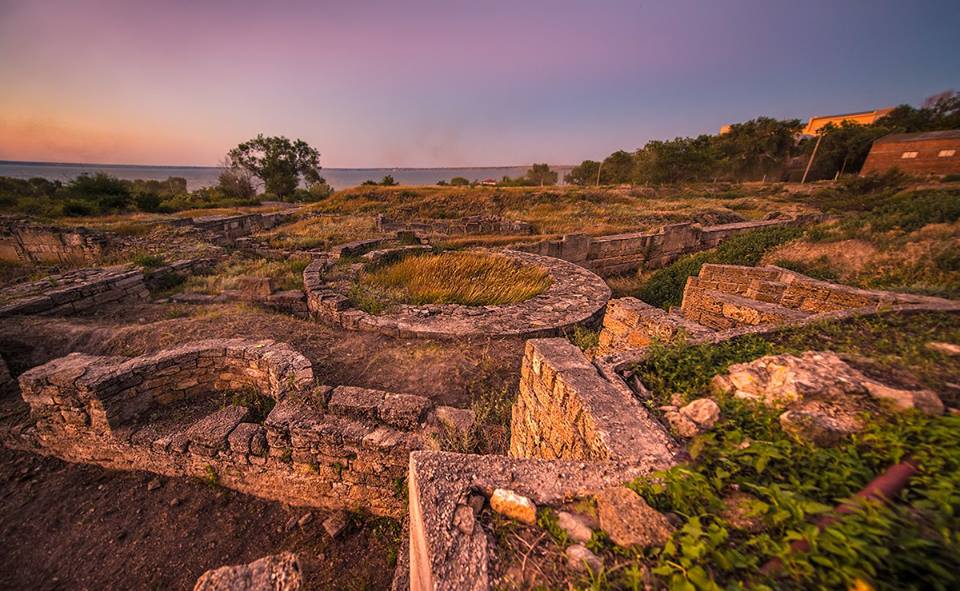
There are also the Scythians remnants in Bilhorod-Dnistrovskyi. Among them is a stone burial crypt from the ancient times – the 9th century BC – 4th century AD. Unique ornaments have been preserved on its walls. The scientists are still unable to understand their function.
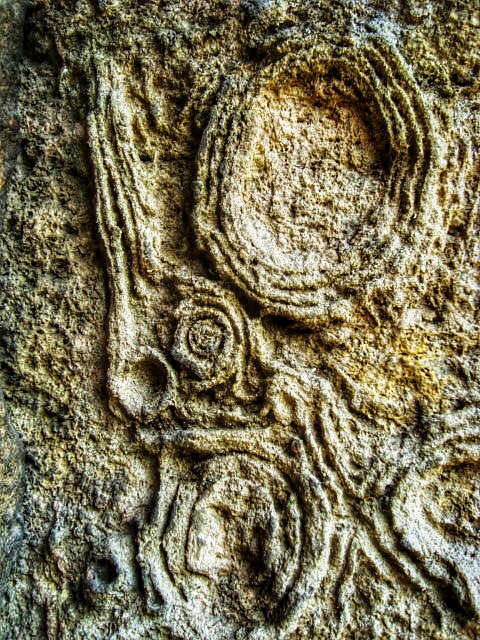
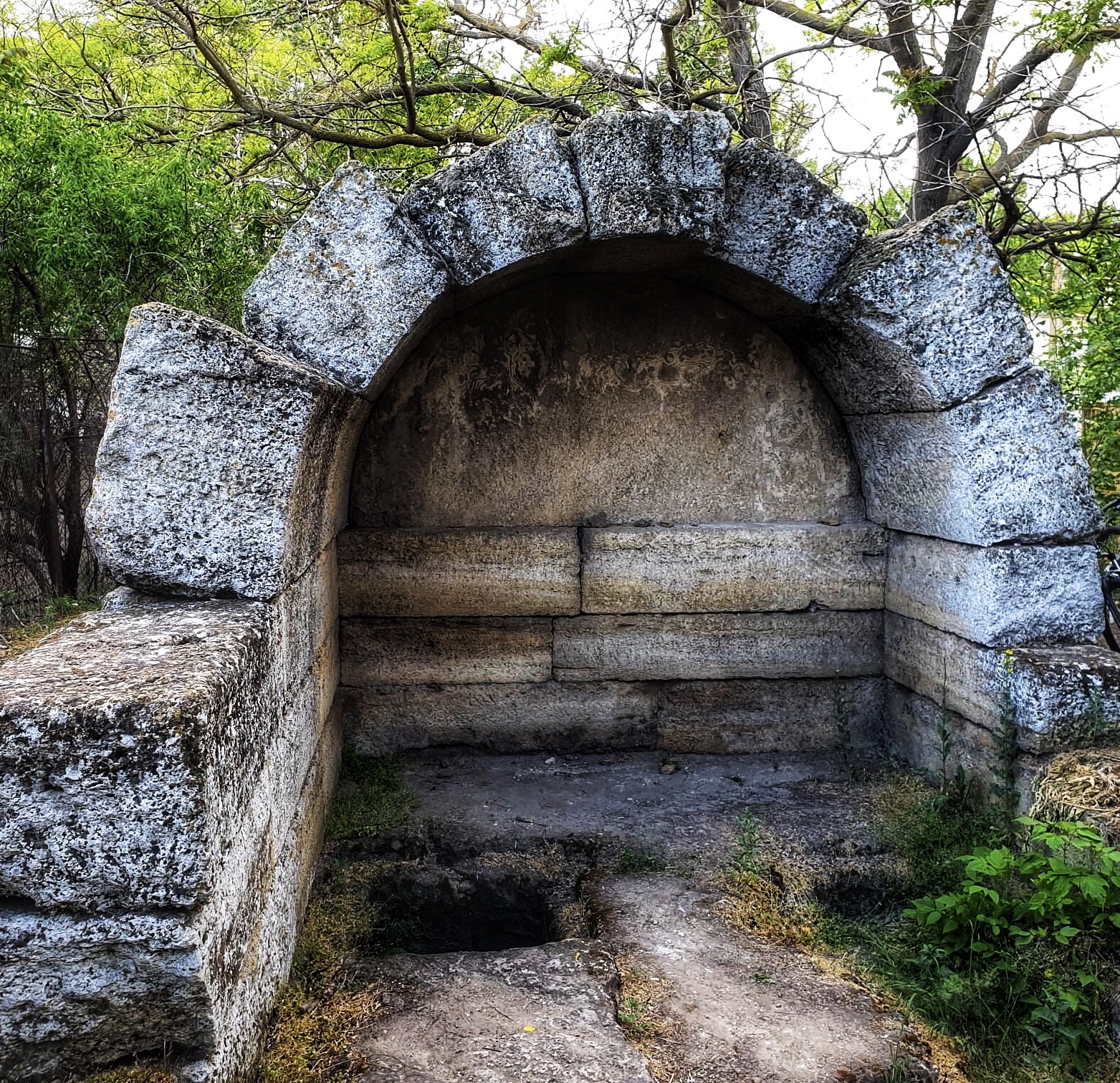
Not far from the Scythian monument, there is the underground St. Ioan Sochavsky Church. According to legend, it was built over a well where a Moldovan merchant who refused to convert to Islam was executed. The church’s water is considered to be healing. Its architecture is not similar to typical churches and therefore is unique for Ukraine.
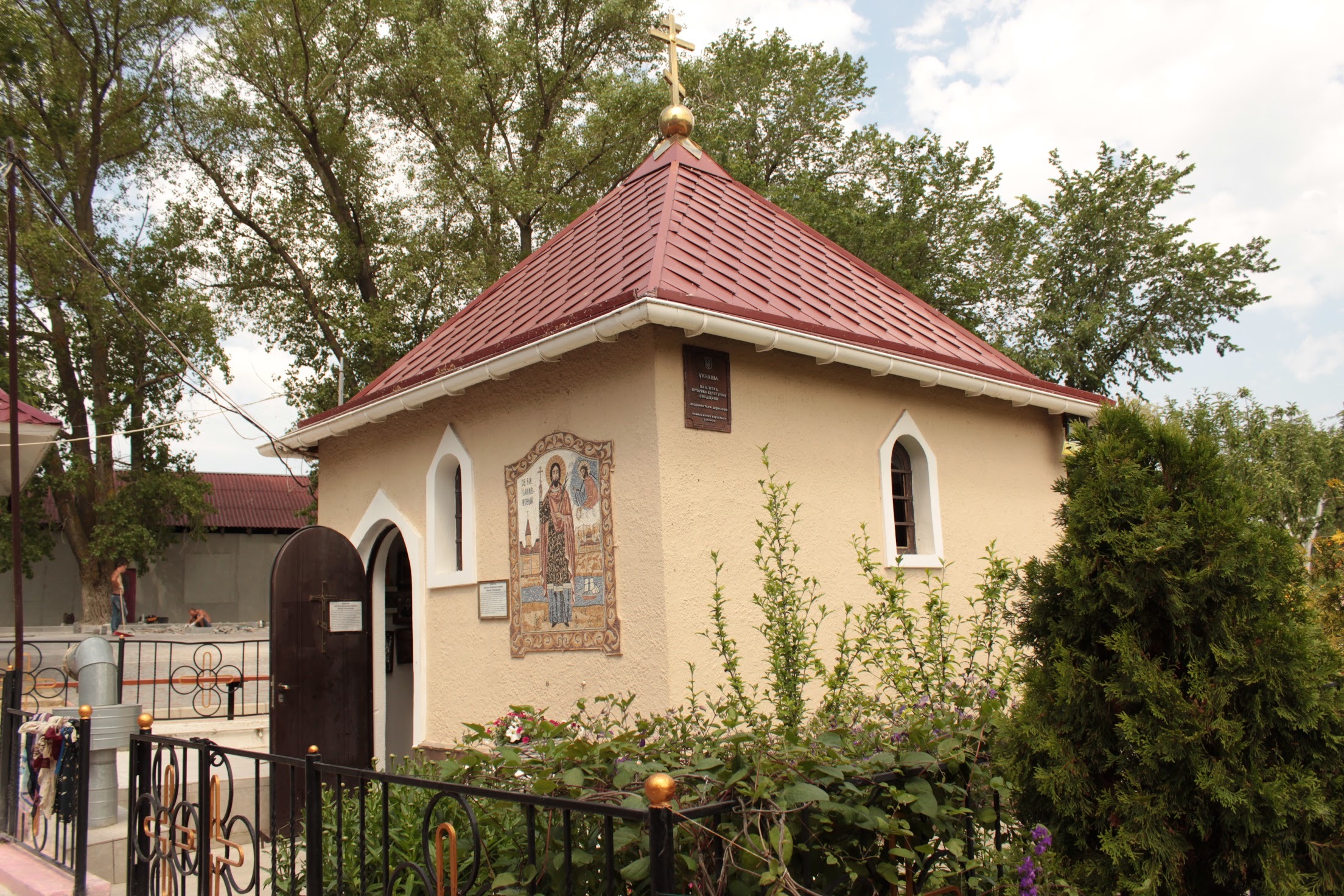
The Greeks left their architecture mark in the town. They built the Church of St John the Precursor in the 13th century. Experts consider it to be unique. Some sources note that there was a Christian church on this site in the 3rd century. During the Turkish occupation, the church was destroyed and rebuilt only in 1480 at the expense of the local Greek community.

The Armenian Dormition of the Theotokos Church was built when Bilhorod housed a large Armenian community.
The church has a squat shape because the Muslim authorities forbade building Christian churches higher than mosques. Over the centuries, the Armenian Church was rebuilt and expanded many times. Ancient paintings and medieval marble plates (khachkars) with carved lettering are preserved on its walls. The earliest of them dates back to the 10th century.
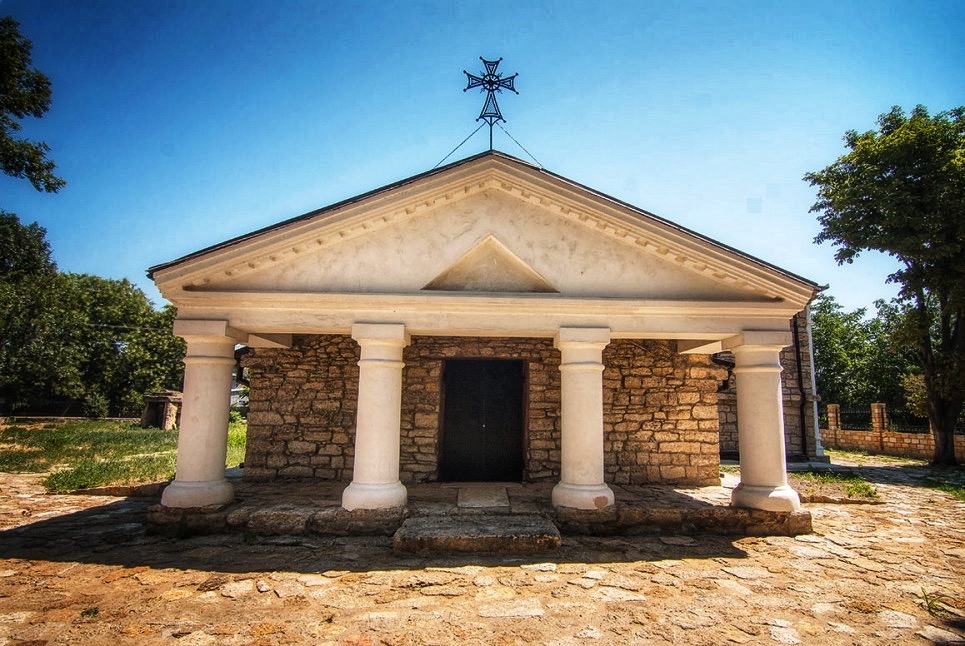
In 2001, the town was added to the List of Historical Sites of Ukraine.
The town is part of the regional wine and gastronomic tourist route “The Road of Wine and Taste of Ukrainian Bessarabia”.
Modern Bilhorod-Dnistrovskyi is a small cosy town in the Odesa region.
Economy and Welfare
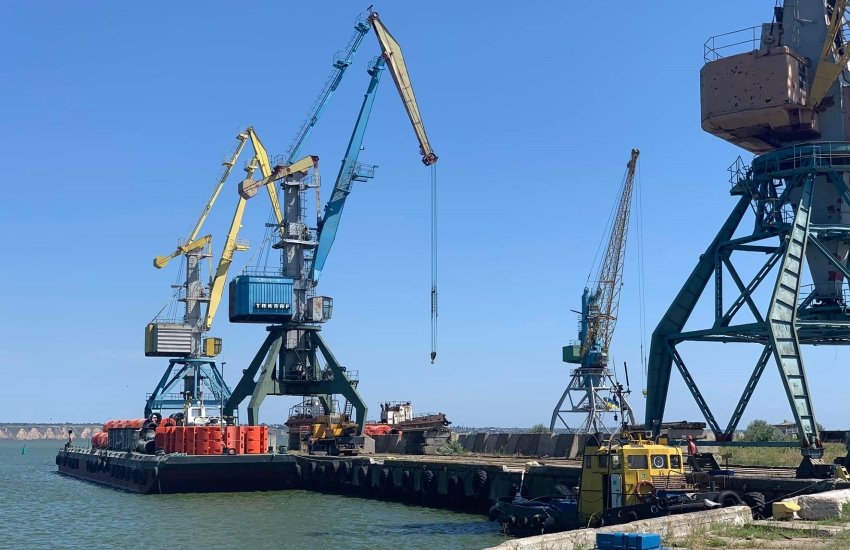
Before the full-scale invasion, Bilhorod-Dnistrovskyi was one of Ukraine’s most industrialized towns. The main and most profitable industries are: medical (blood transfusion devices and single-use syringes); food (bread and bakery products); machinery (electronics); plastics (children’s toys, consumer goods); concrete building materials (cellular and iron); and light industry (indoor shoes).
Only 3 major budget-forming enterprises remained in the town after the full-scale invasion: Bilhorod-Dnistrovskyi Seaport, Orion LLC, and Belsta LLC.
Unfortunately, the rest of the enterprises are now bankrupt.

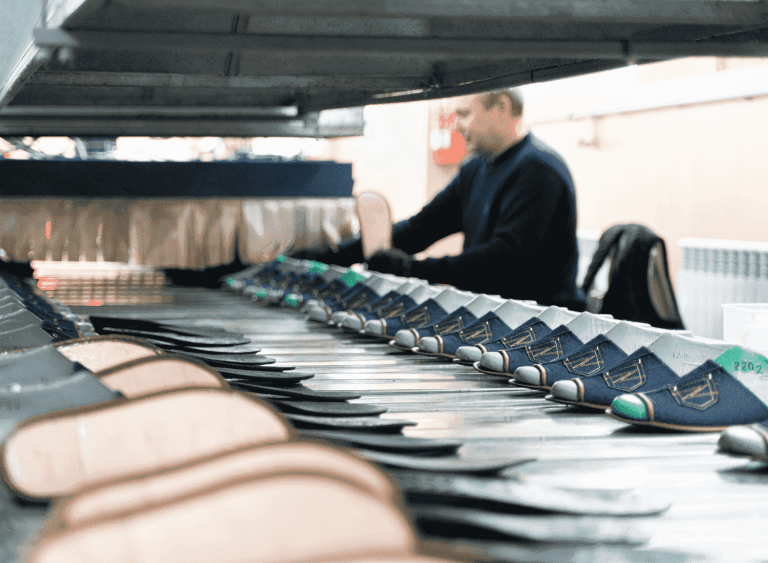
The municipal authorities are constantly supporting local businesses and developing small and medium enterprises in the town. The “Business Matters” project supporting by U-LEAD with Europe was initiated in 2021. Its main goal is to promote dialogue between business and government and increase the town’s investment attractiveness. During the project, round-tables “Business Coffee with the Authorities” were held, representatives of small and medium-sized businesses were outreached, a town target programme for the support and development of small and medium-sized businesses in Bilhorod-Dnistrovskyi was developed, and much more.
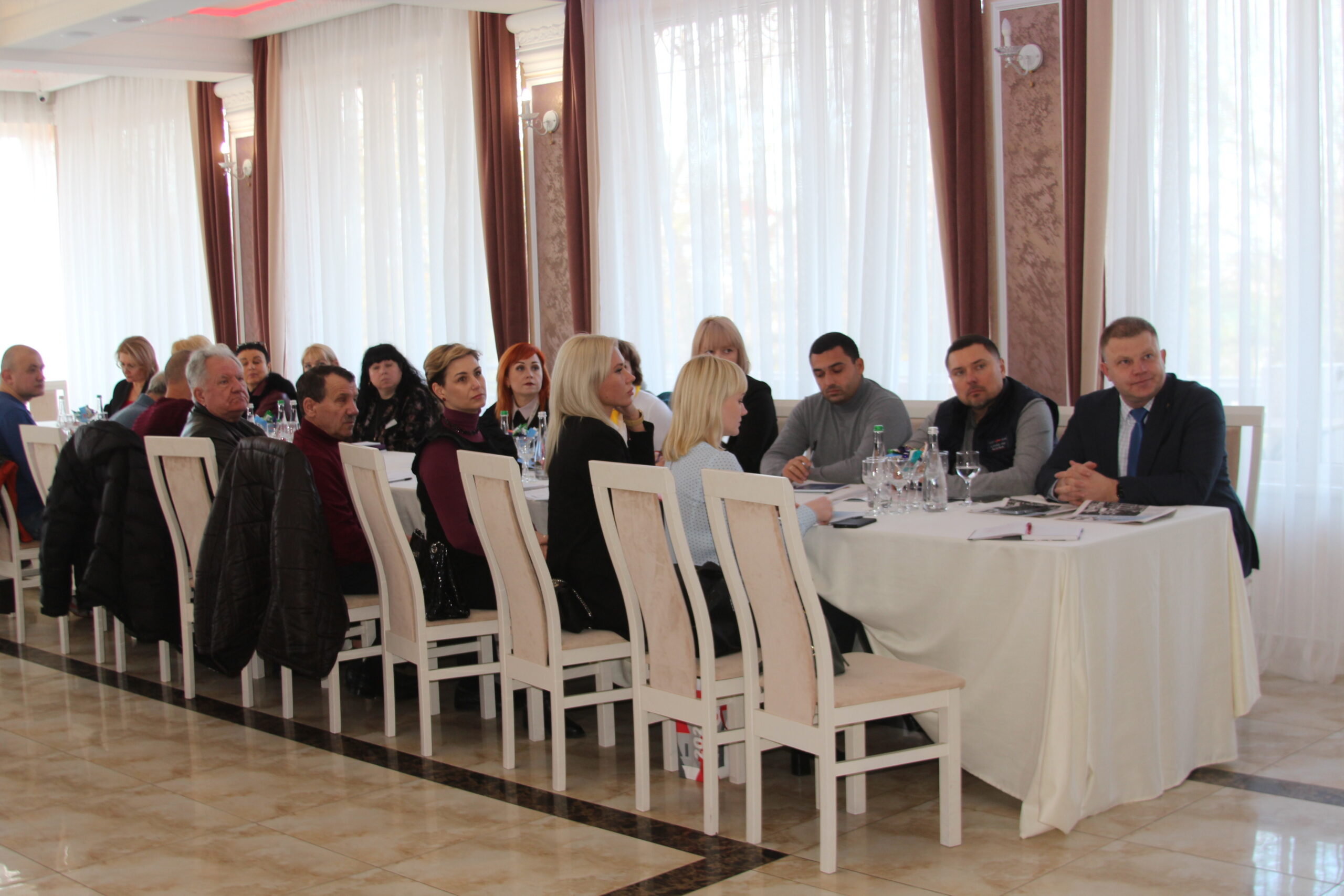
The municipal authorities also care about the town’s safety and quality of life. So they are constantly raising funds to improve and modernize the town’s critical infrastructure. Despite all the challenges of the war, the authorities managed to upgrade some equipment in the town’s multipurpose hospital through joint efforts with sponsors.
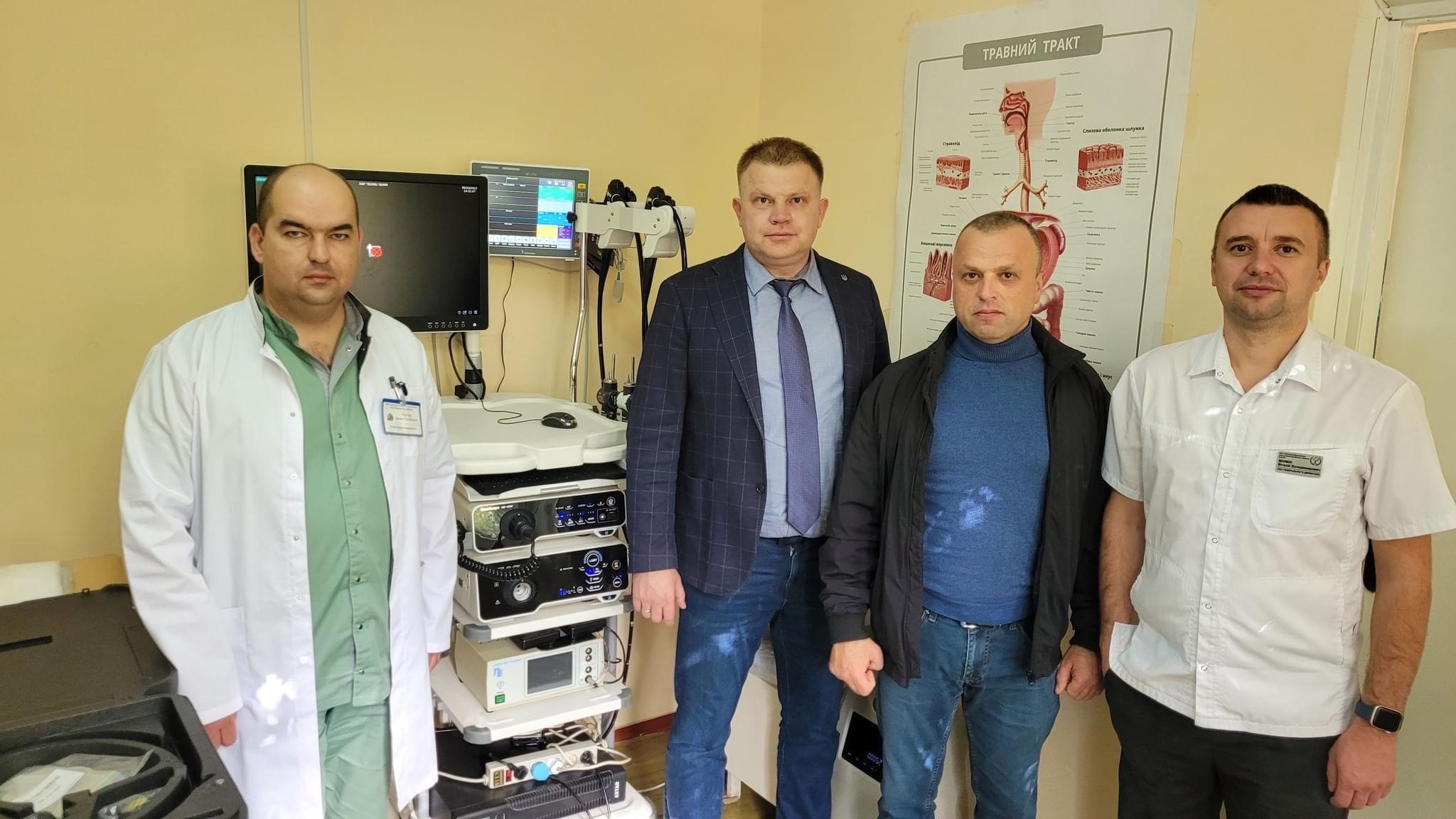
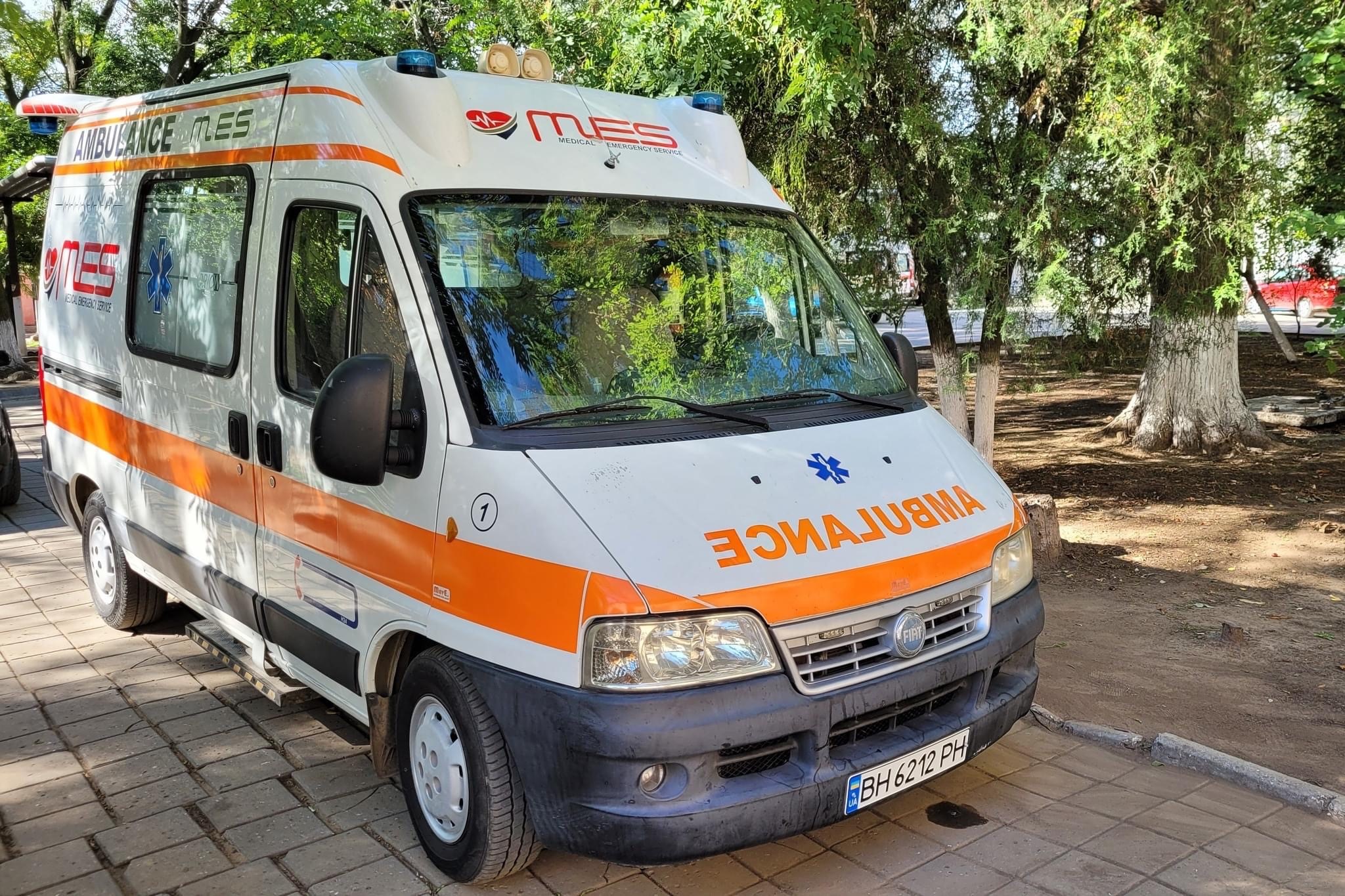
Also, the material and technical base of Bilhorod-Dnistrovskteploenergo Communal Enterprise was updated.
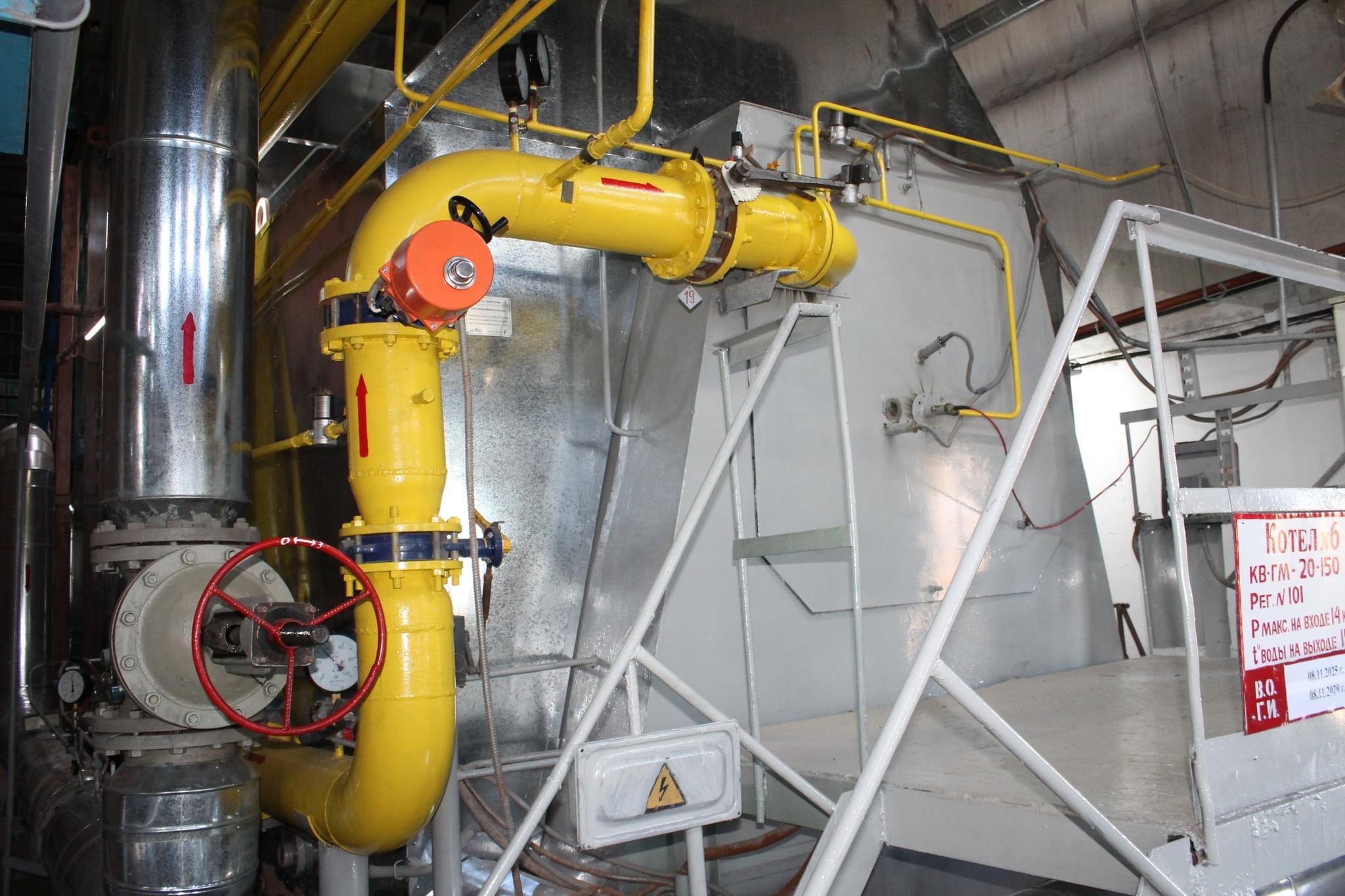
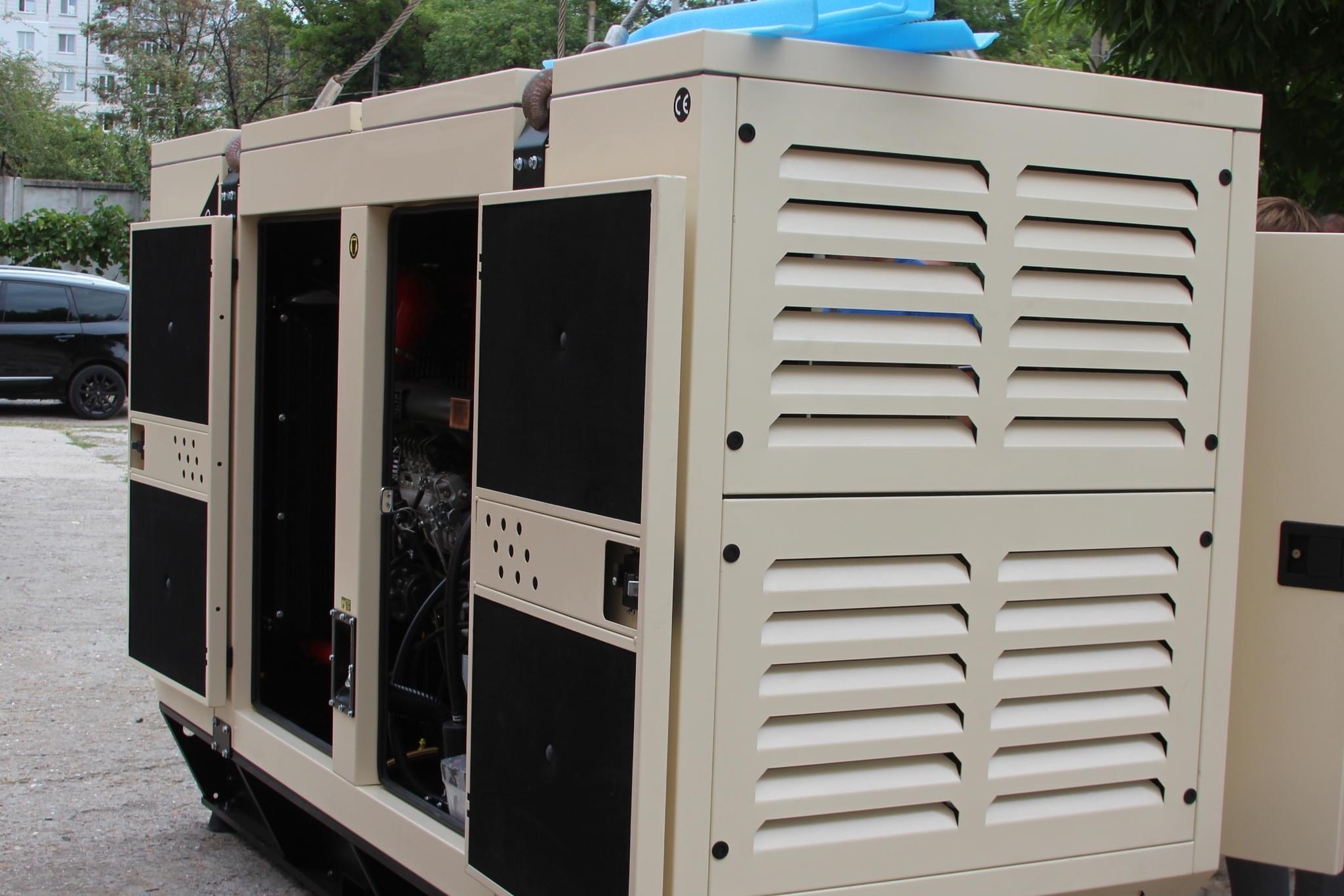
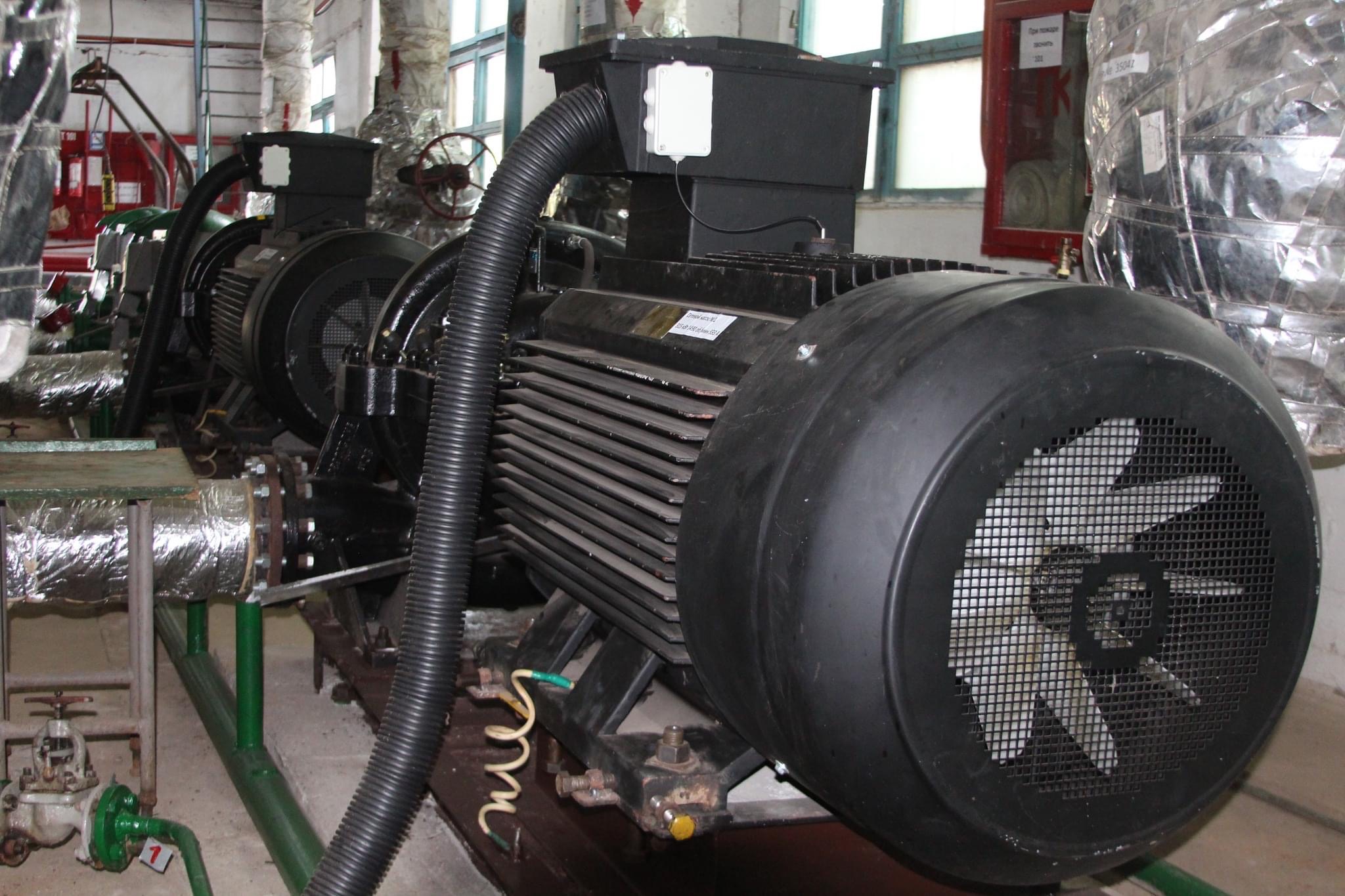
Community and War
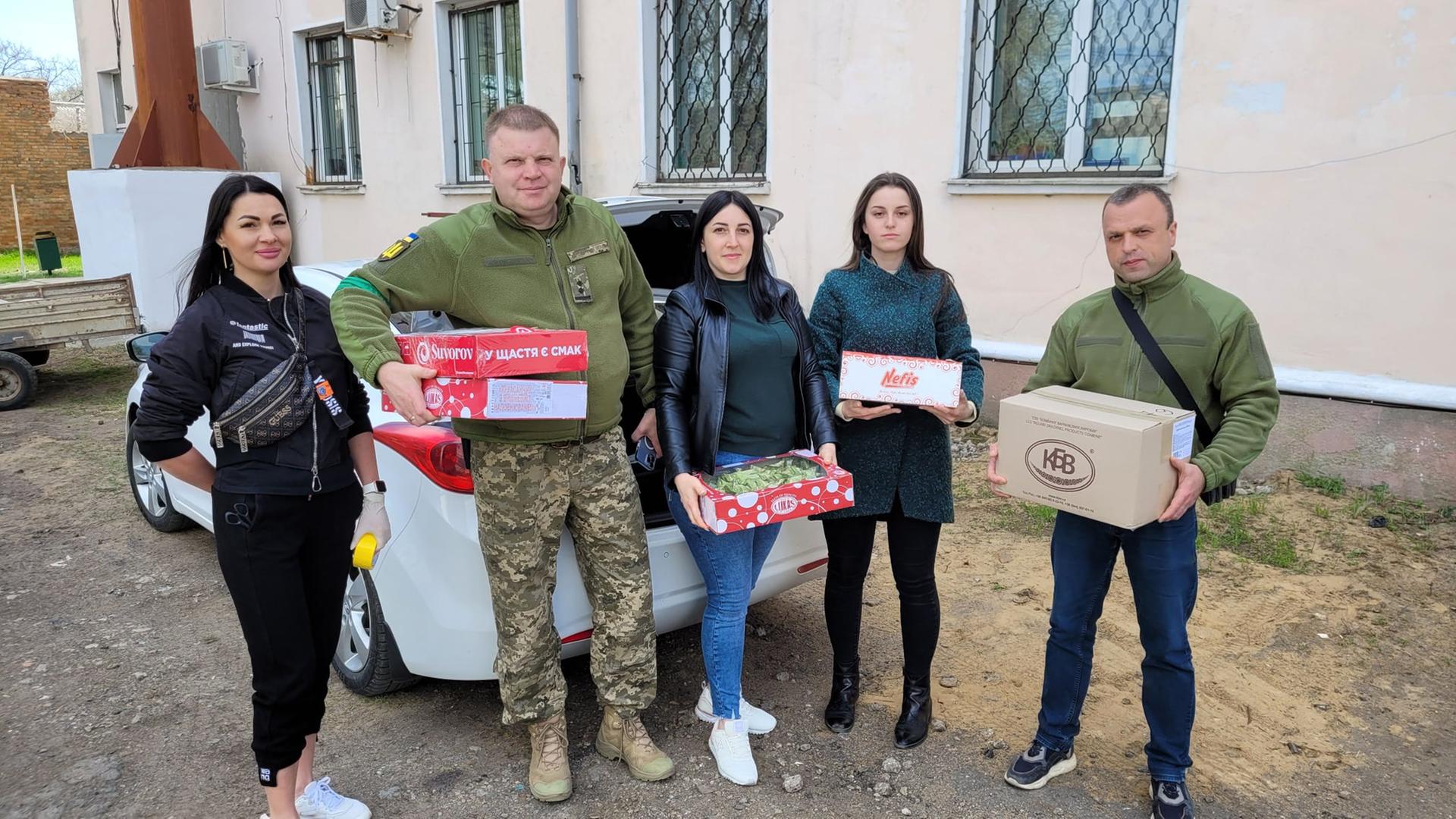
Since February 24, the life of the Bilhorod-Dnistrovskyi Urban Territorial Community, like all Ukrainian communities, has changed completely. The town is located 12 km from the urban-type settlement of Zatoka, 20 km from the urban-type settlement of Serhiivka and 15 km from the village of Bilenke. They were systematically attacked with missiles.
The missile attacks killed 22 people, destroyed the road and railway bridge across the Dniester-Tsaregrad estuary between the two separated parts of the Bugaz Spit. It connected the southern part of the Odesa region with the rest of Ukraine.
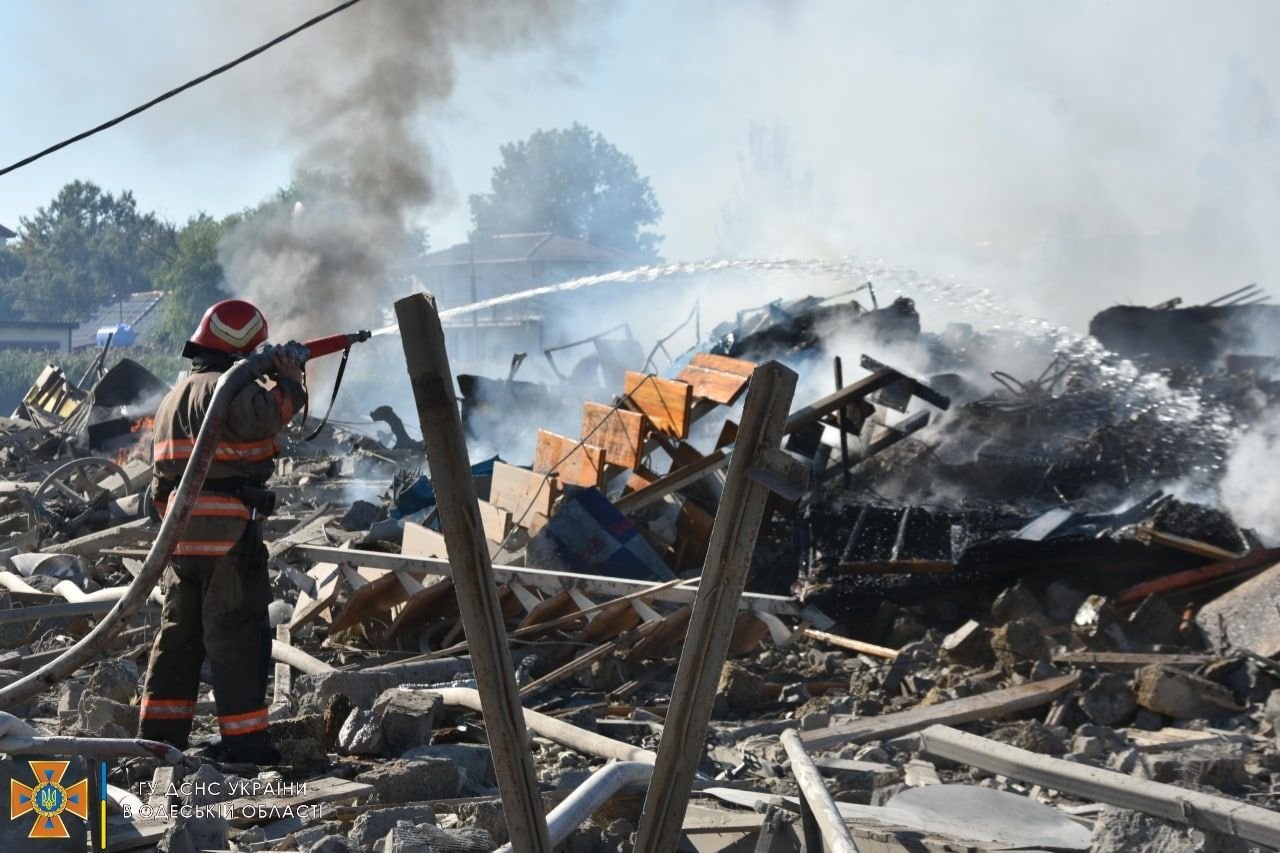
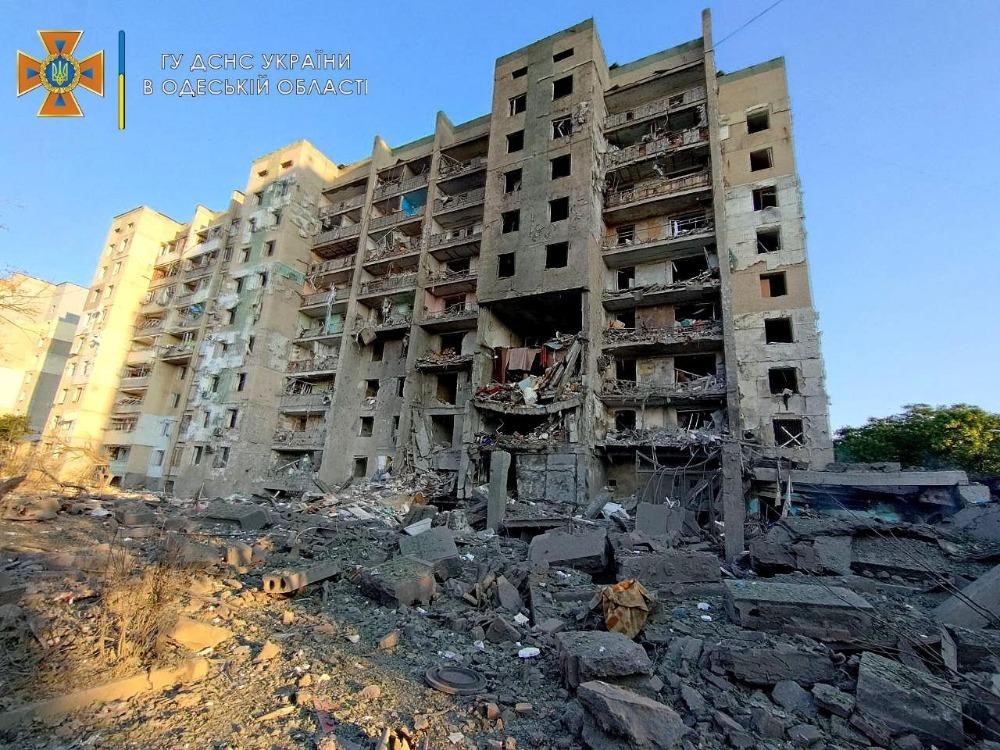
From the first days of the war, the Bilhorod-Dnistrovskyi Community undertook measures to minimize the consequences of the attacks, including creating and equipping safe shelters as well as ensuring timely air raid alerts.
Also, the Interaction and Care Headquarters was created. It is still functioning today and is providing support to residents in need and internally displaced persons in the form of food kits.
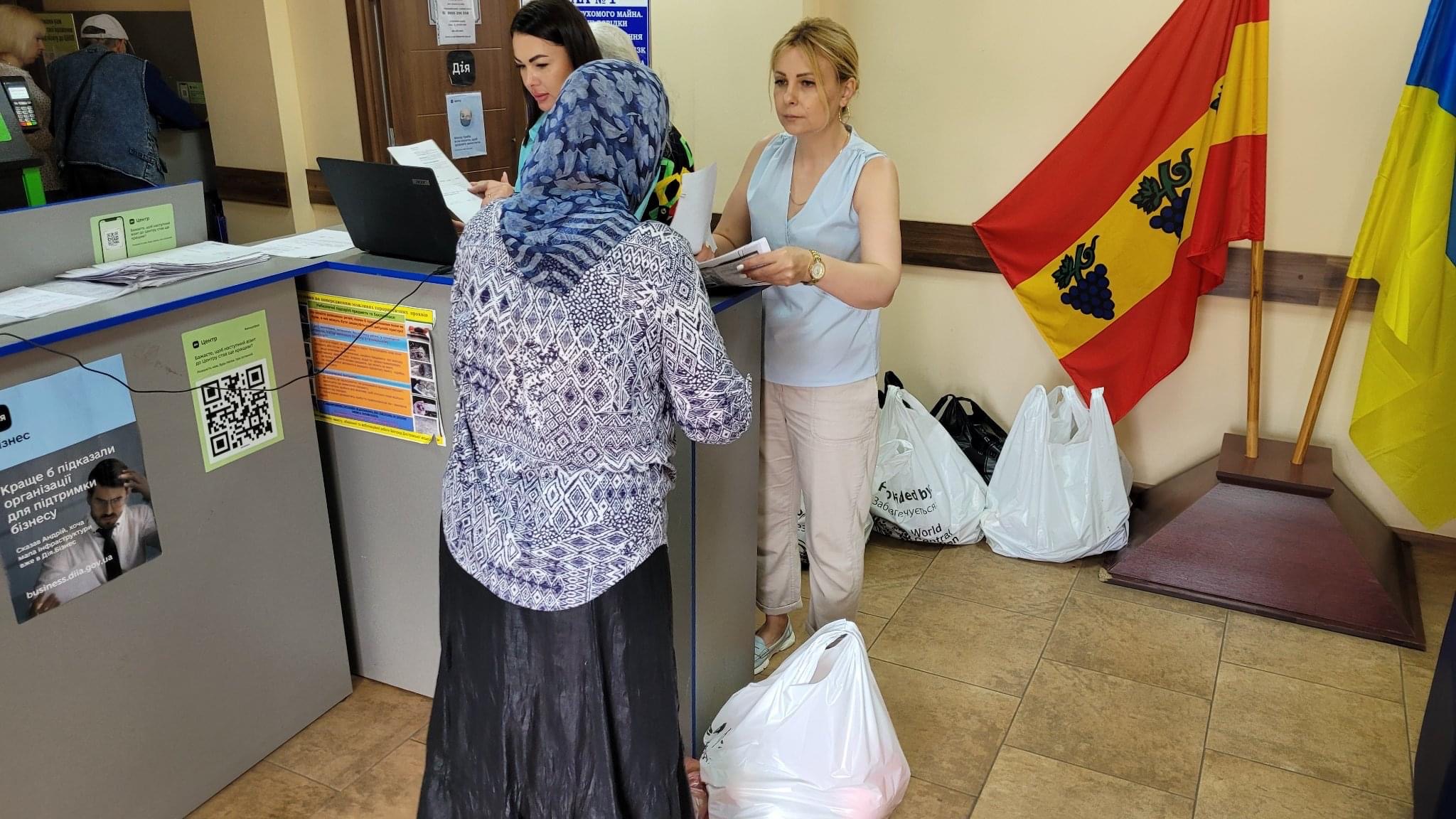

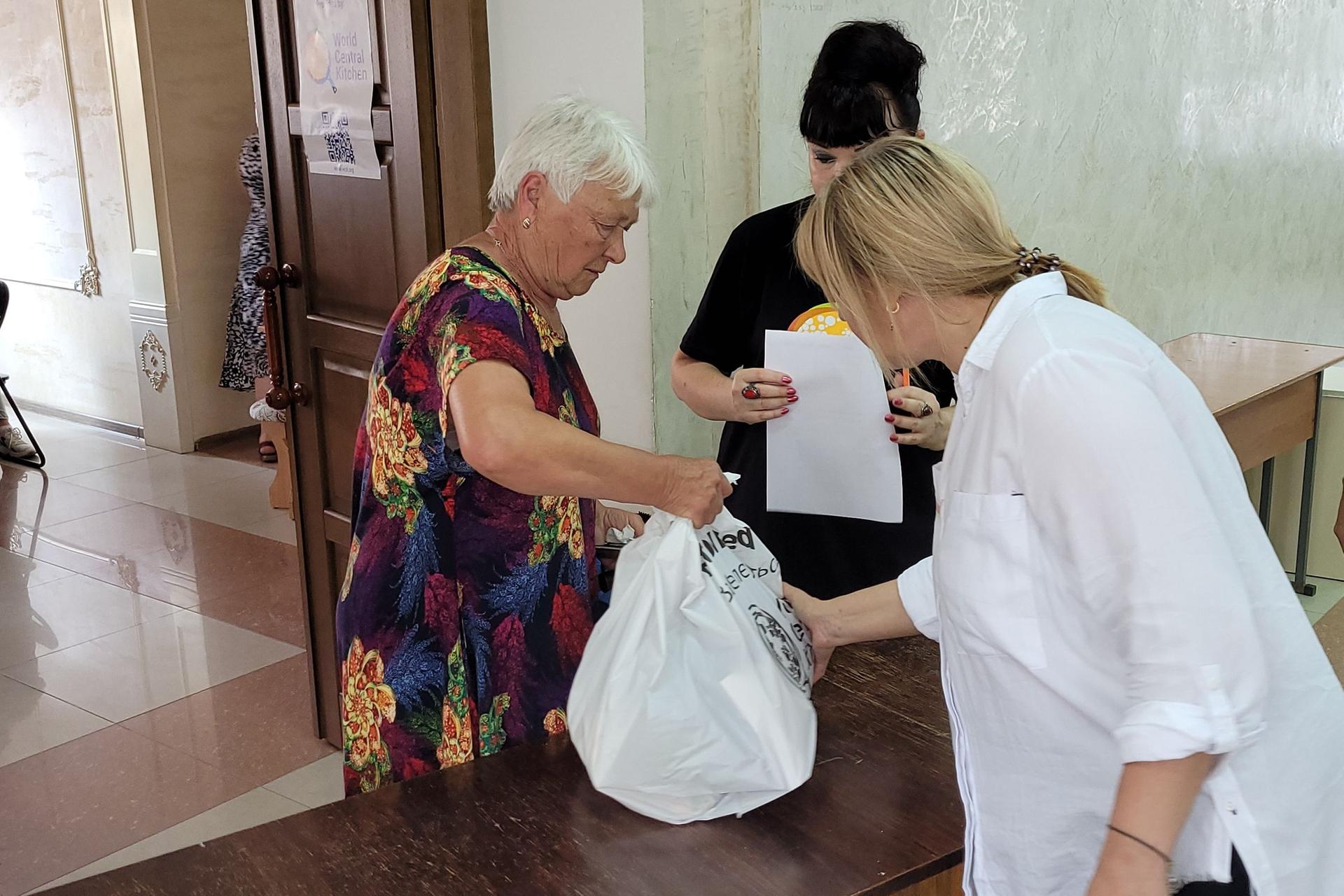
Cooperation with international charitable organizations and foreign cities enabled residents and internally displaced persons to receive timely and required support and help. The Town Council cooperates with the international humanitarian organization “World Central Kitchen”. Together they implemented a social project to provide free hot meals to internally displaced persons and vulnerable groups in Bilhorod-Dnistrovskyi.
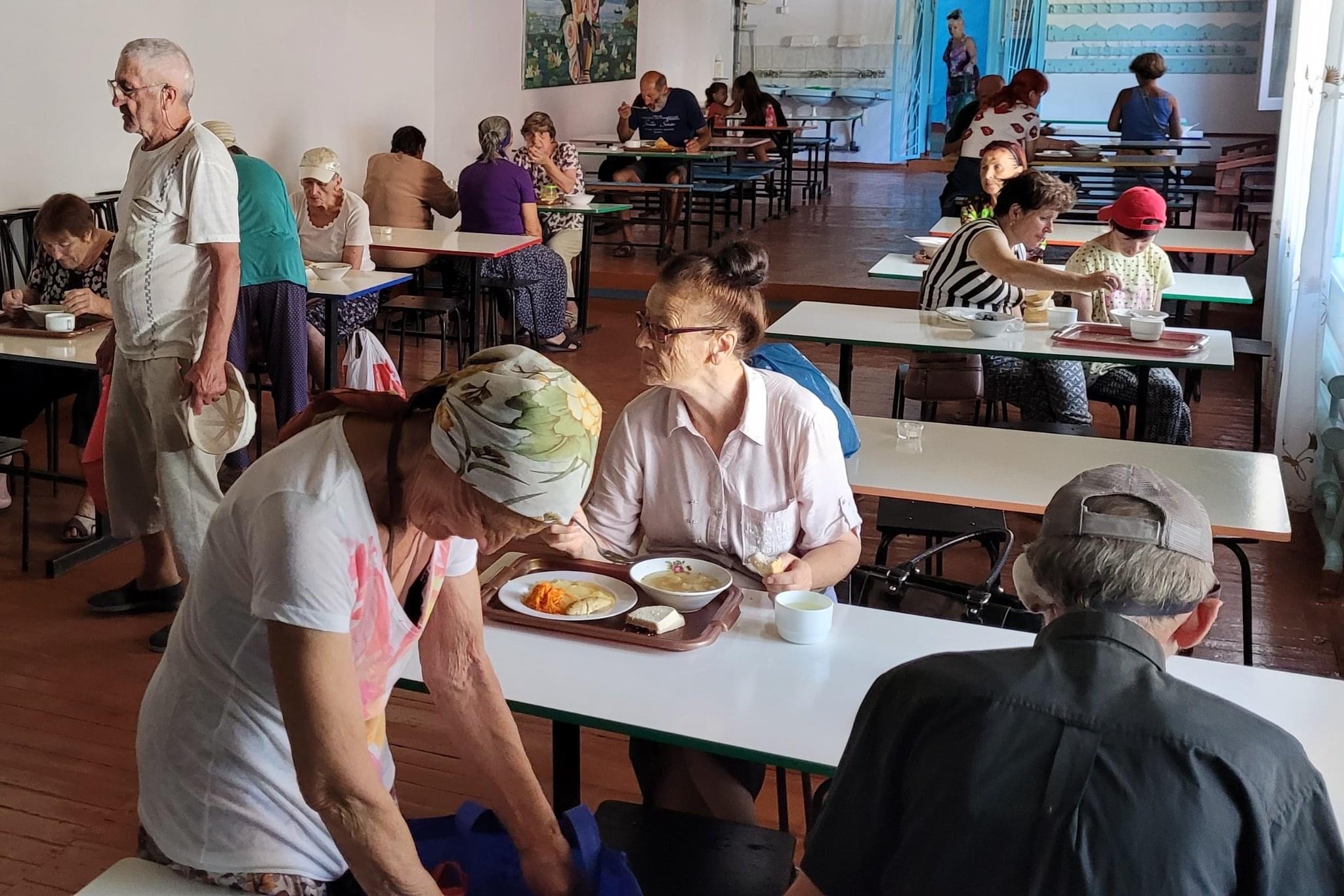
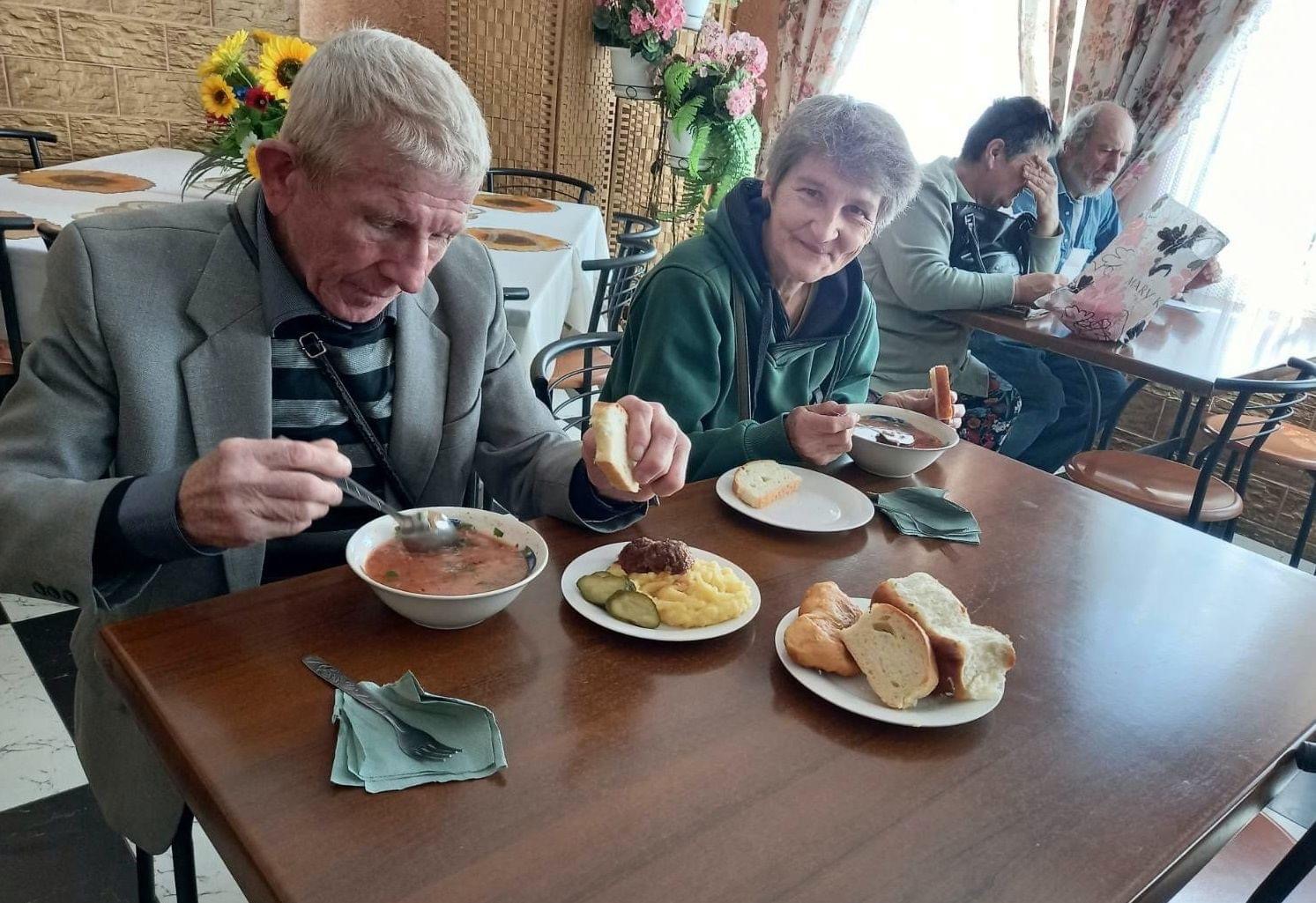
Schools and kindergartens were equipped with safe shelters and provided with electric generators. When the enemy attacked Ukraine’s energy systems, invincibility and heating points were set up as part of the “Let’s Fight the Darkness Together” campaign. They were also provided with electric generators and other essential items.
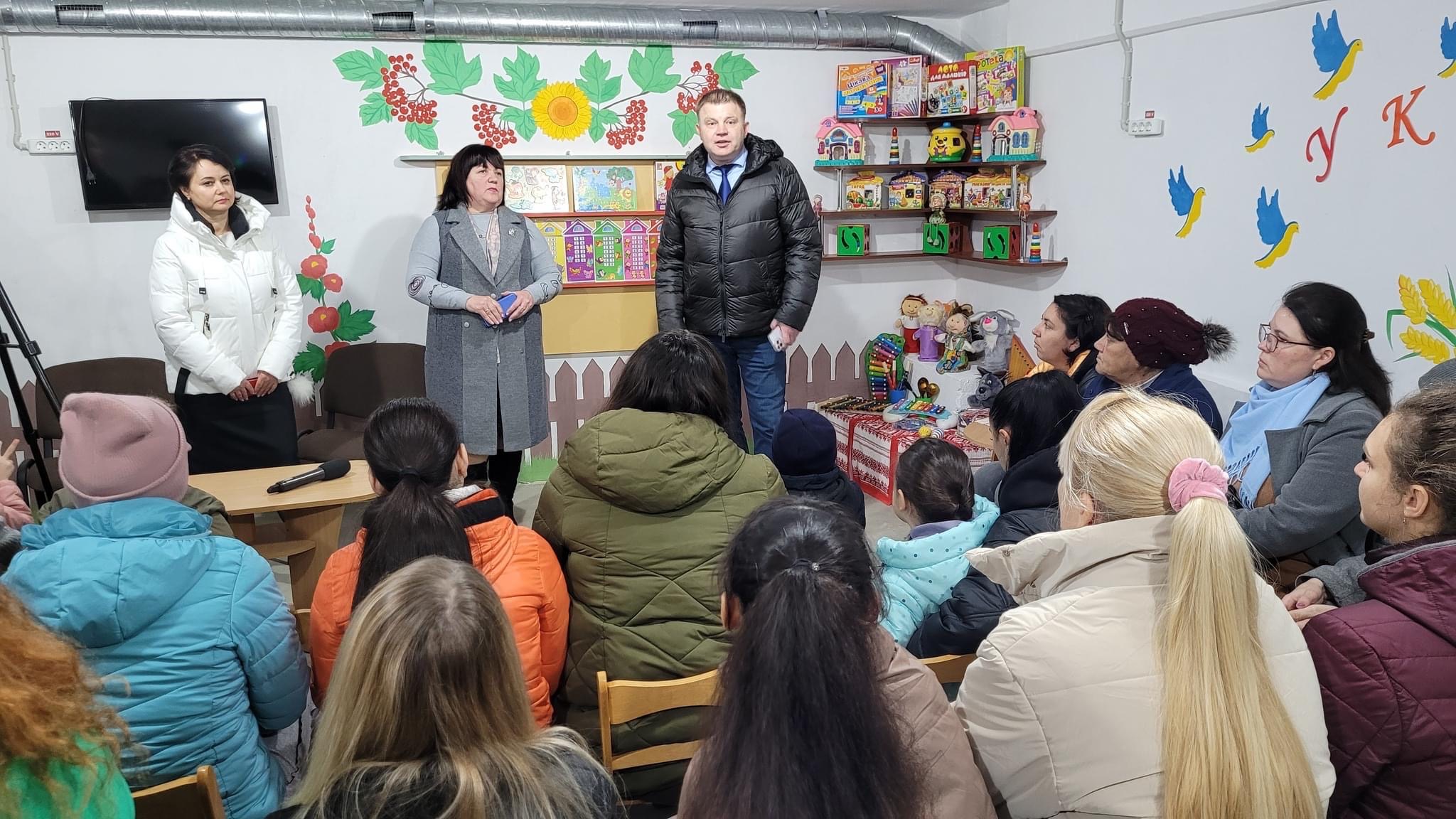
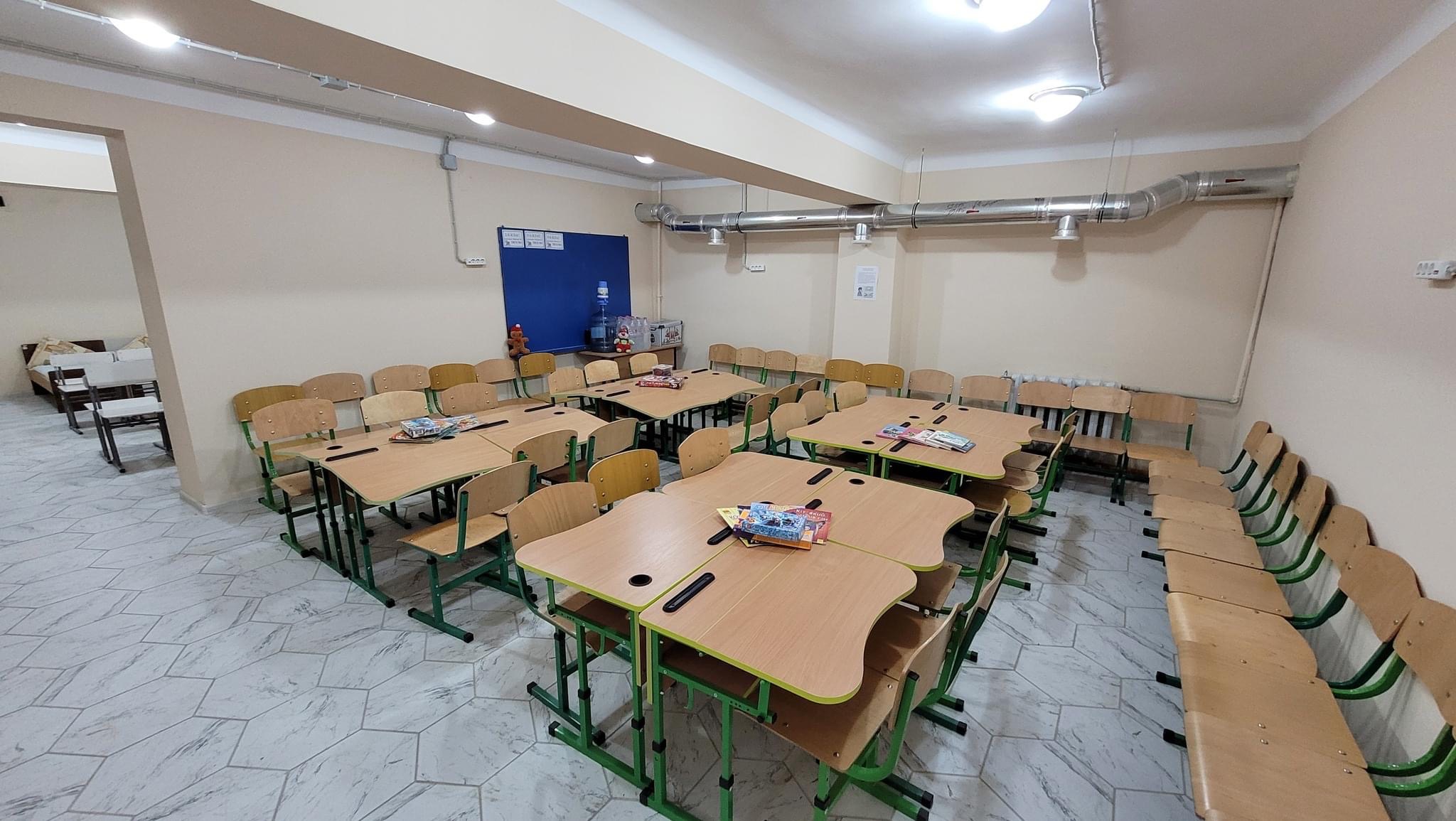
Also, cooperation was established with local businesses. Socially responsible businesses participated in the charity campaign and now also offer an opportunity to charge the necessary household gadgets.
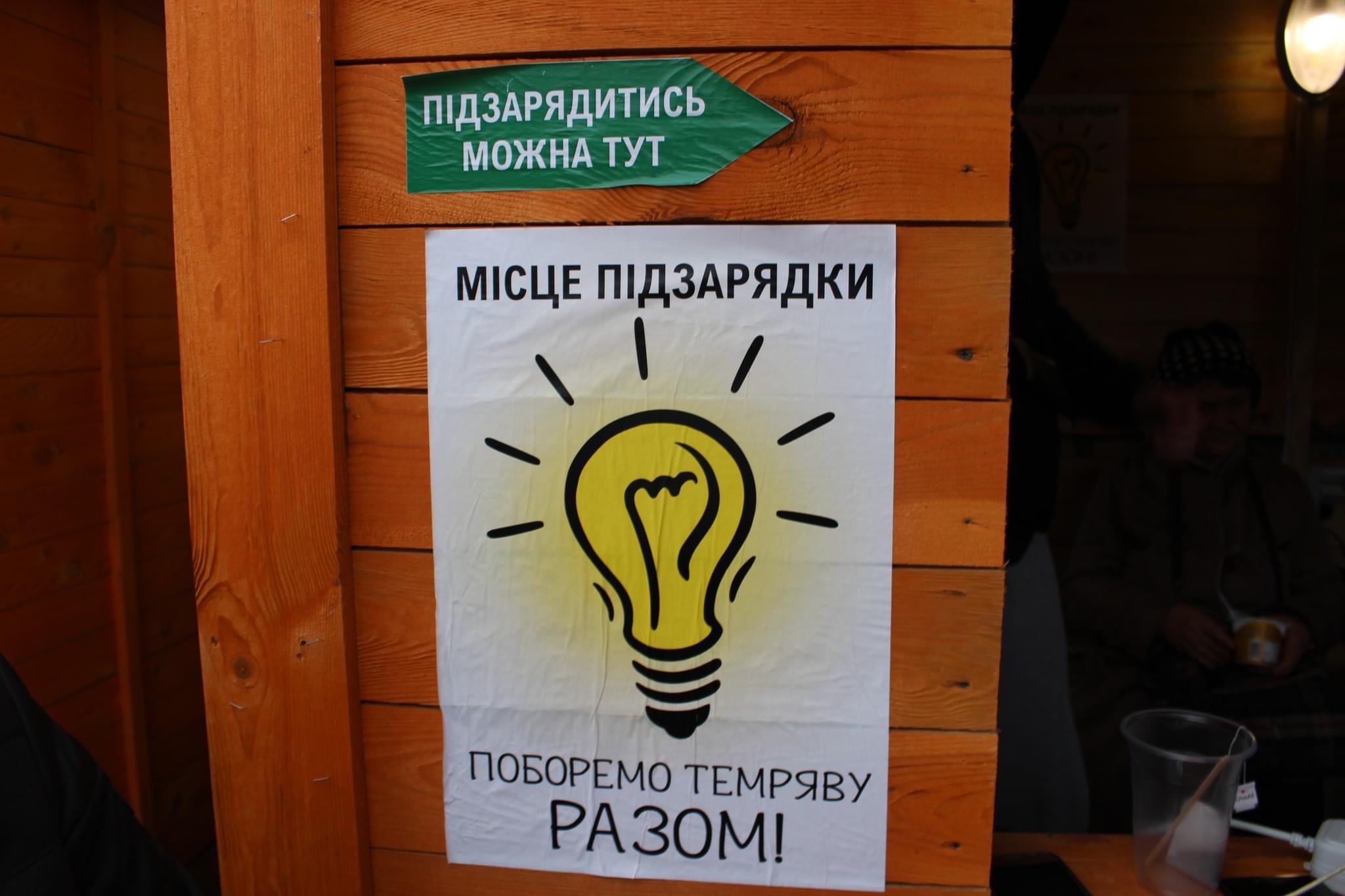
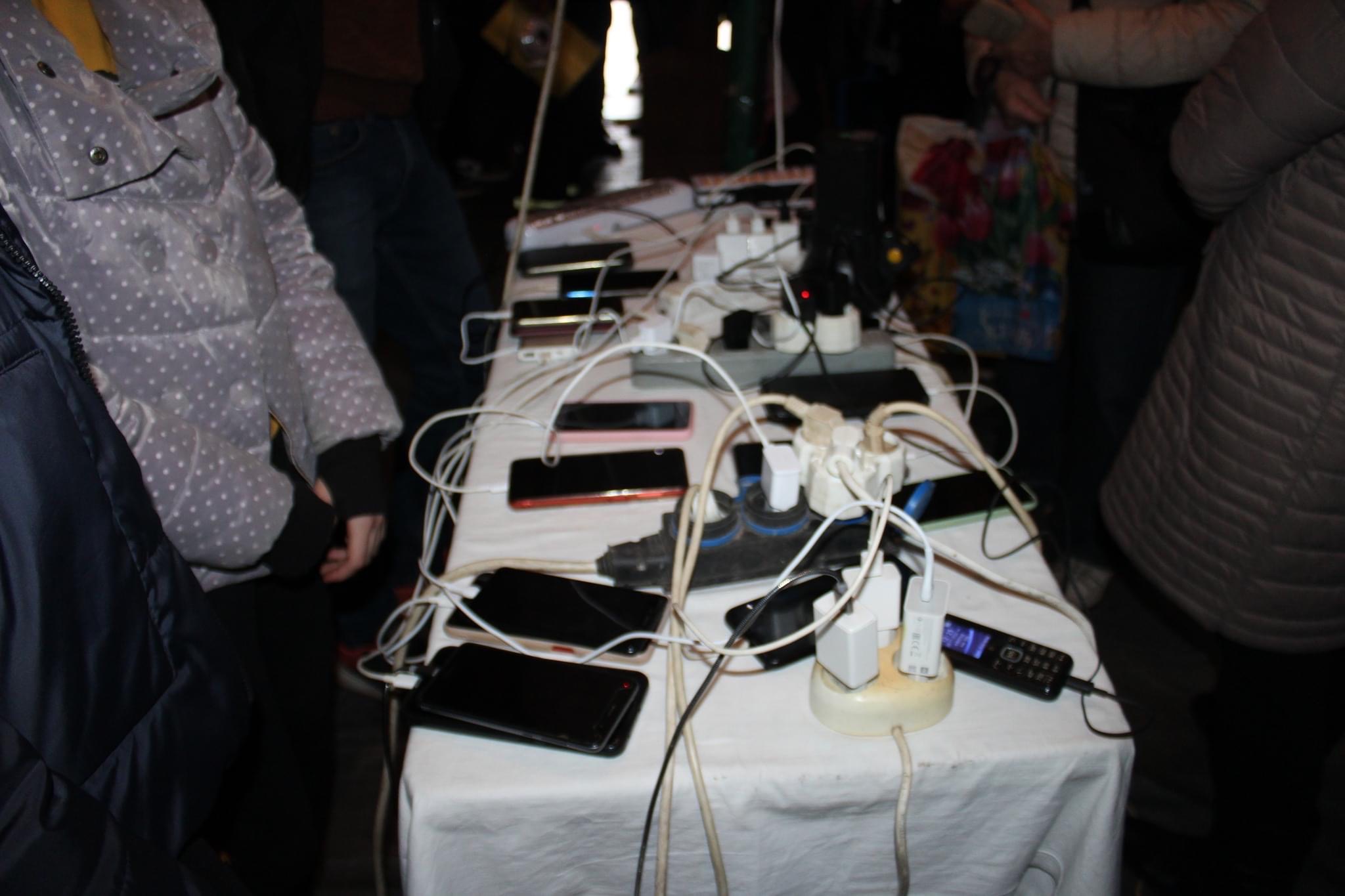
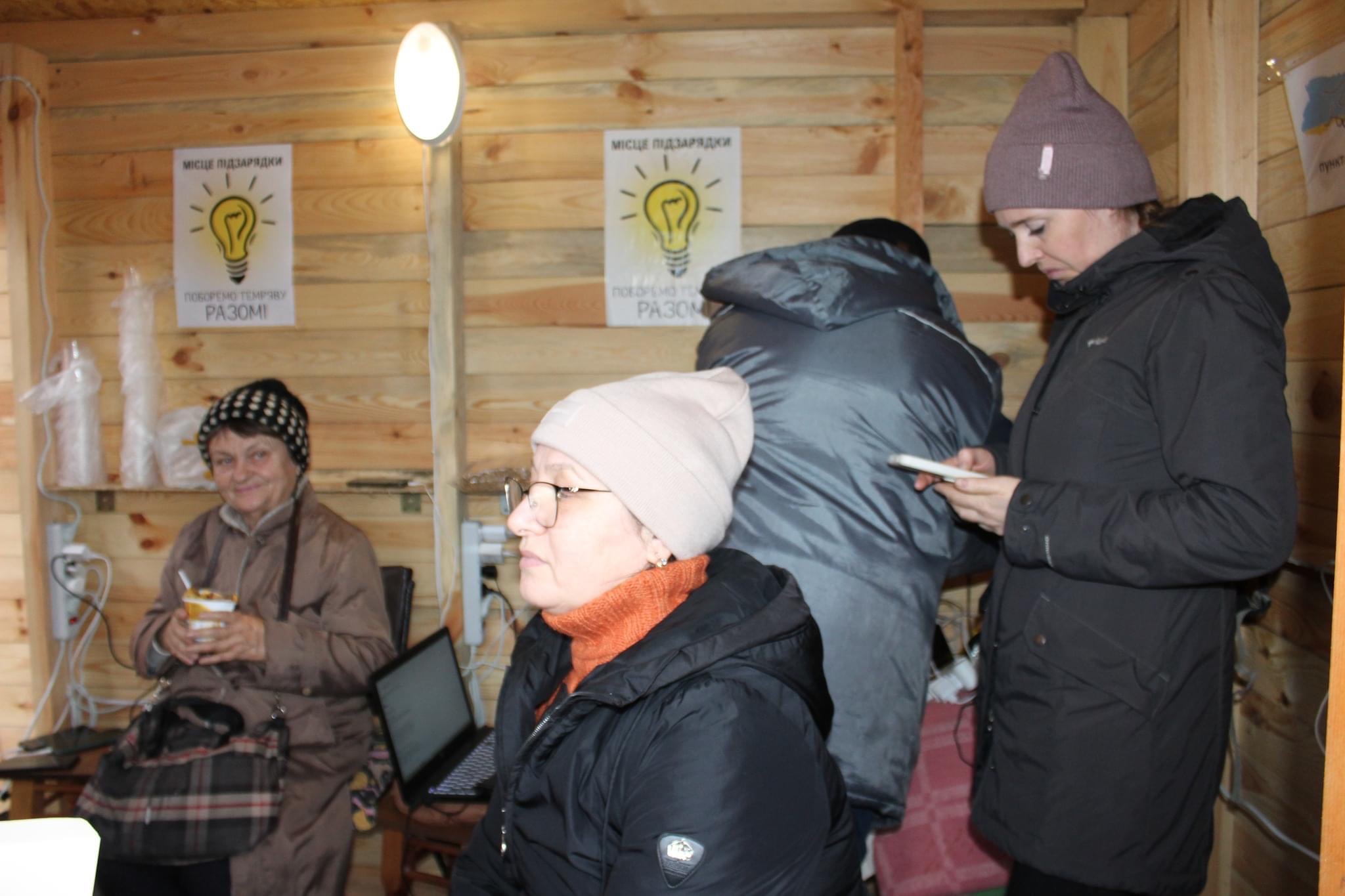
The town ensured uninterrupted work of water collection points for the population in case of water supply breakdowns caused by the lack of power supply to water lifts. Measures to provide the town’s utilities and social infrastructure facilities with power supply are being taken.
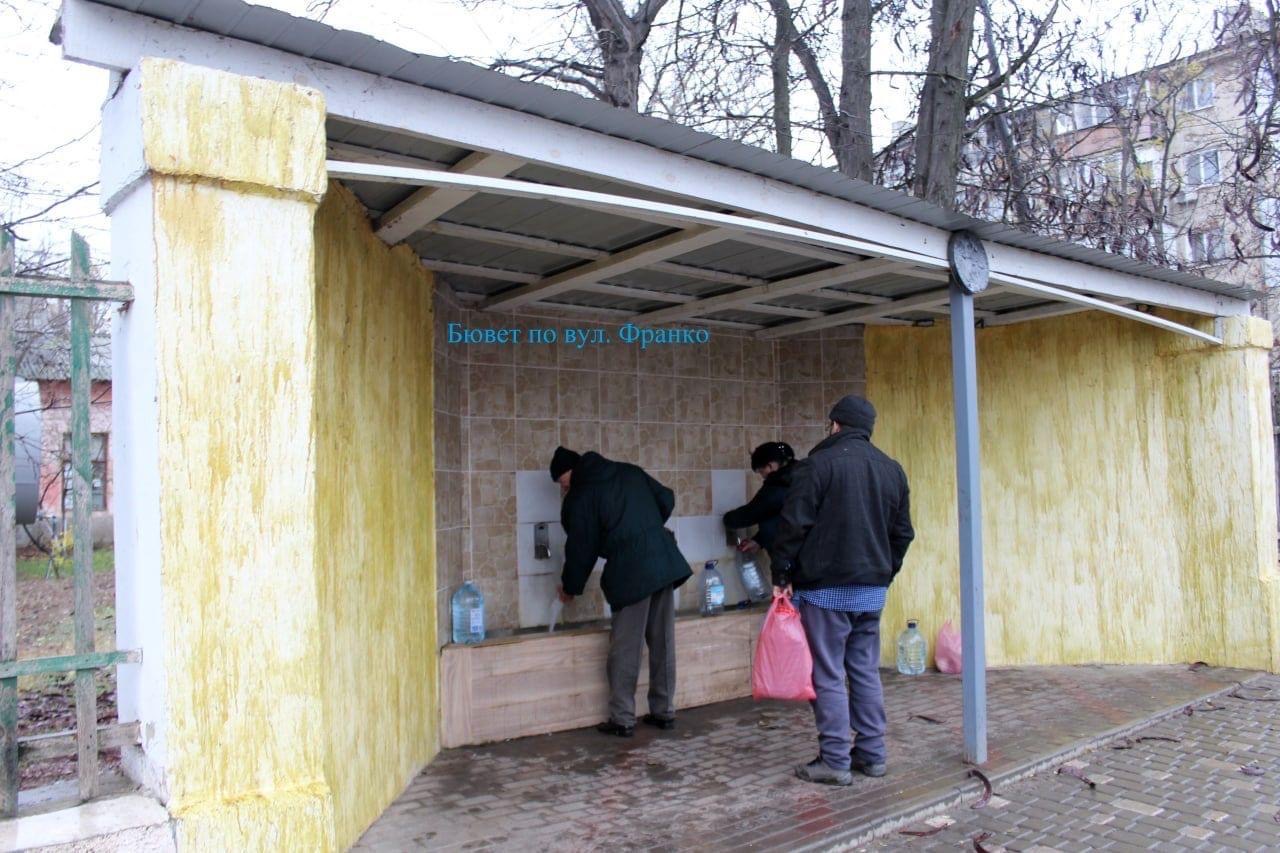
The Community also supports the Ukrainian defenders and the communities where active hostilities take place.
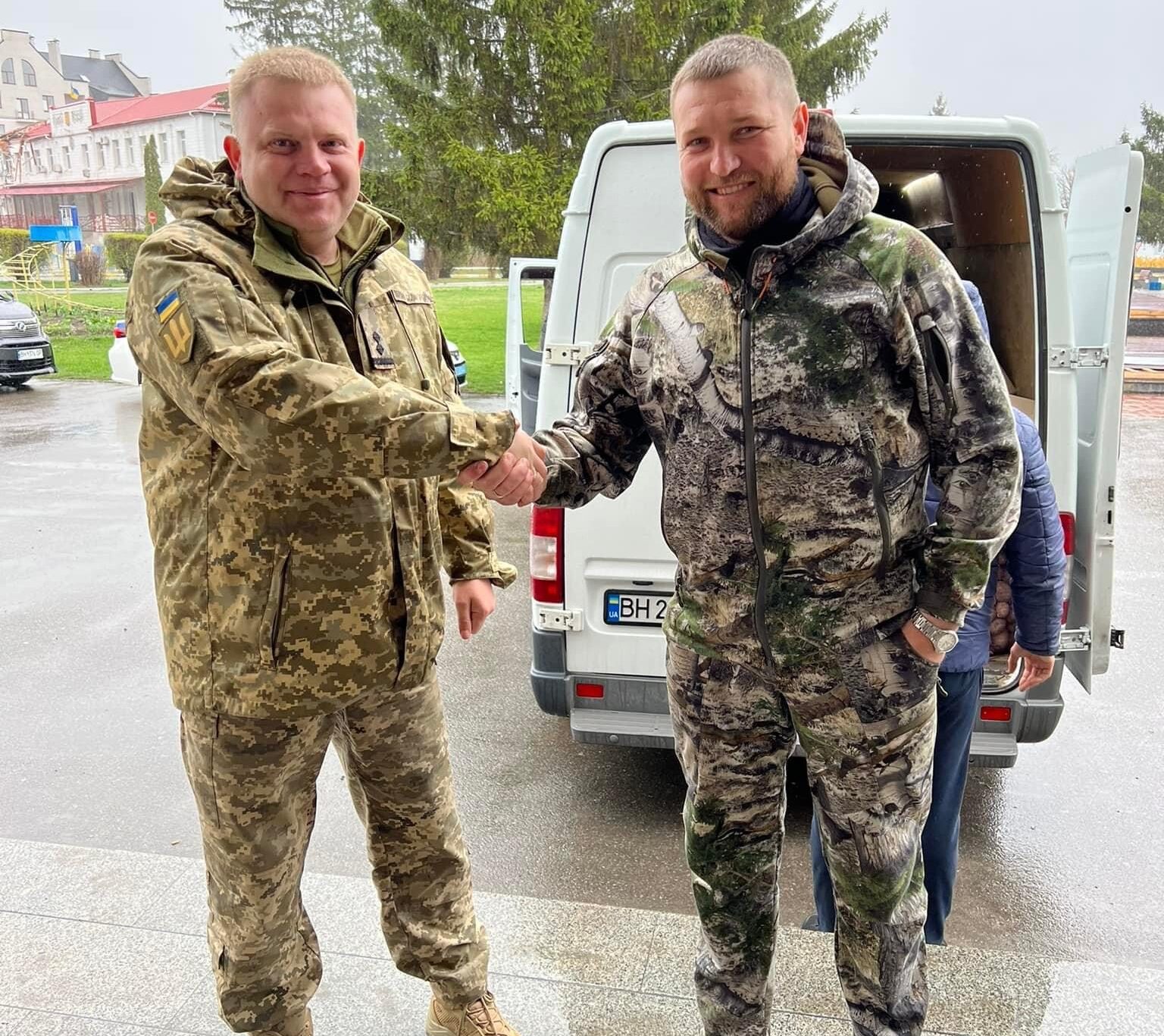
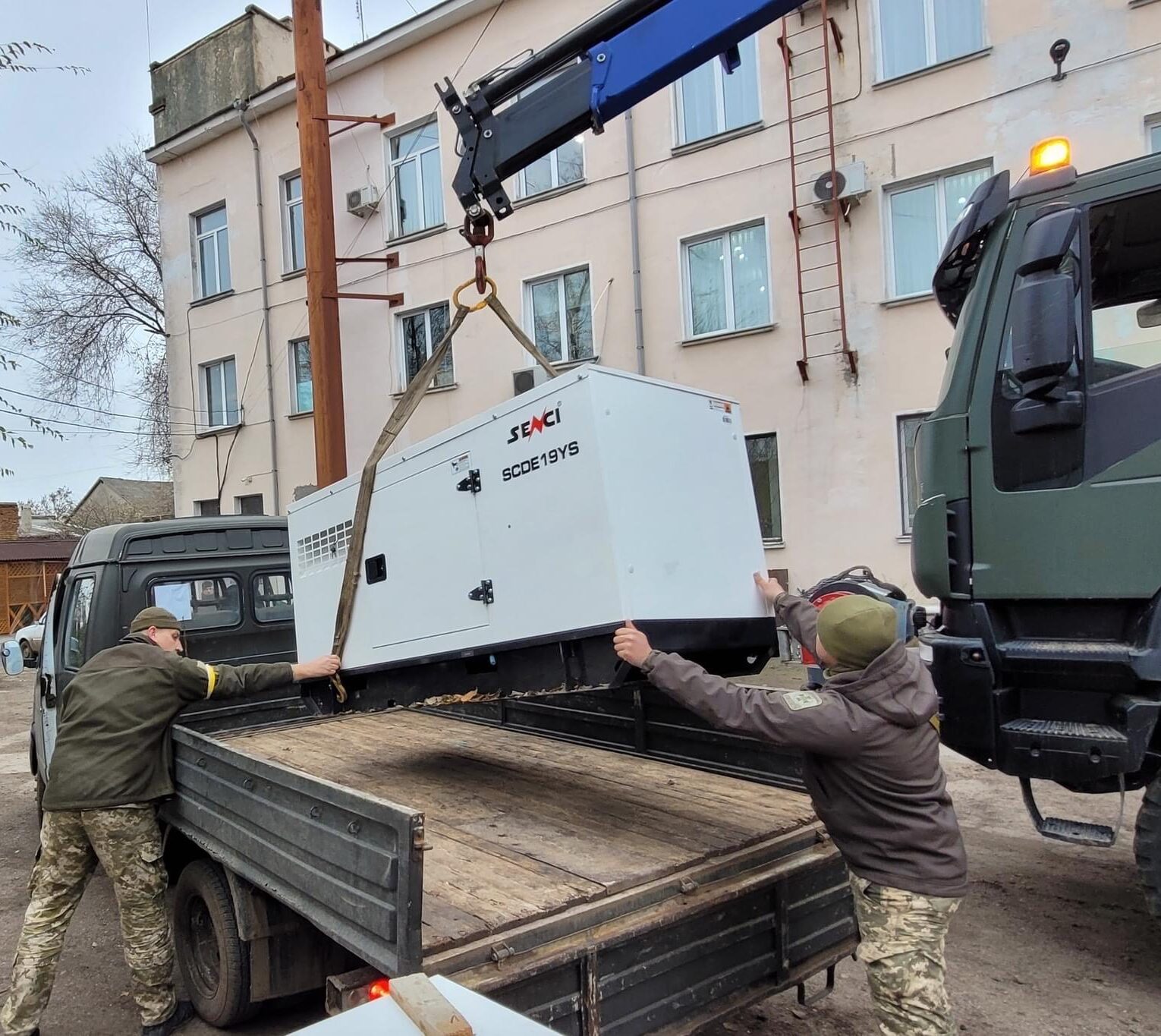
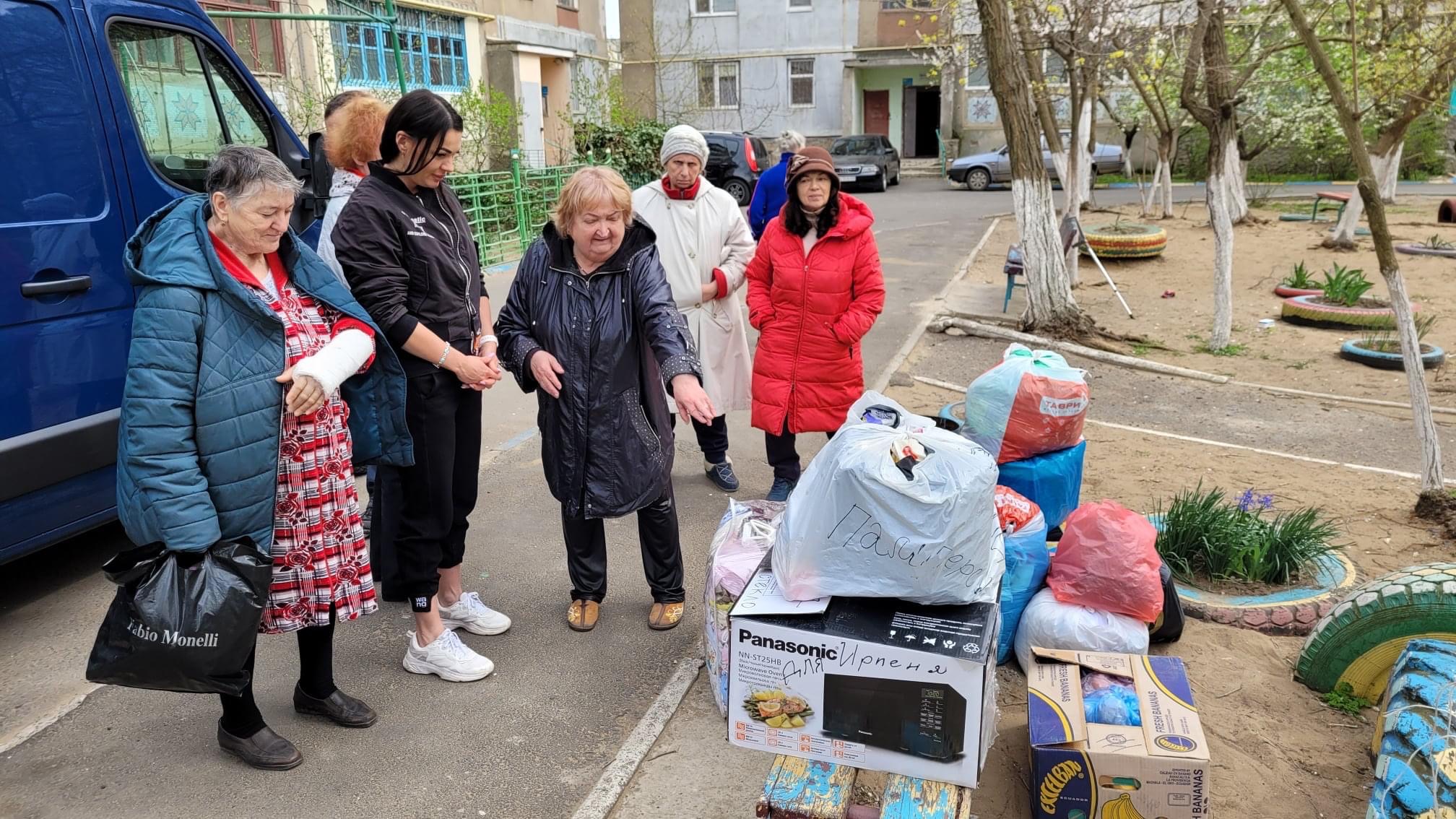
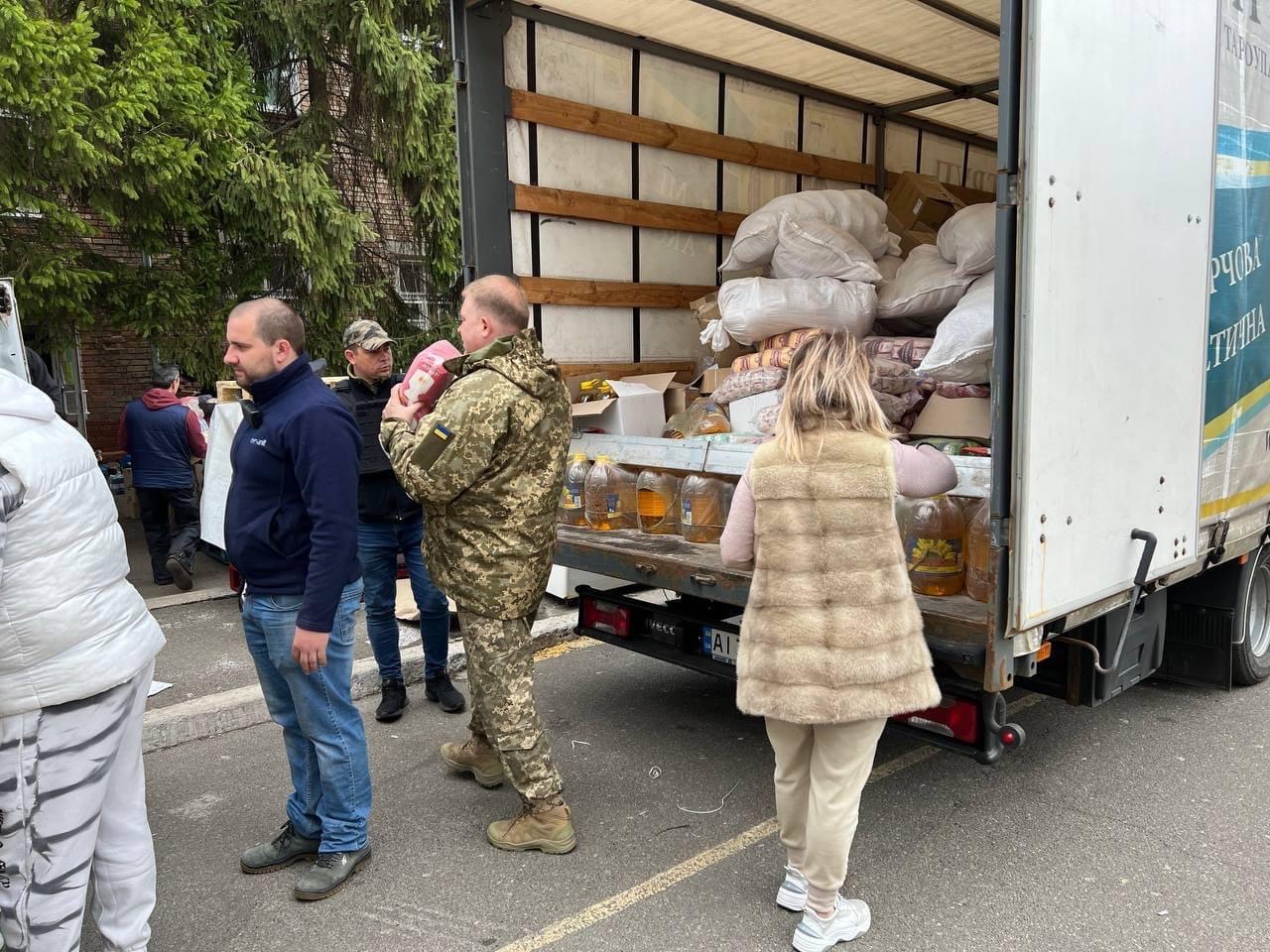
2,042 internally displaced pers
ons have been registered in the town since the beginning of the full-scale invasion.
People of the Community
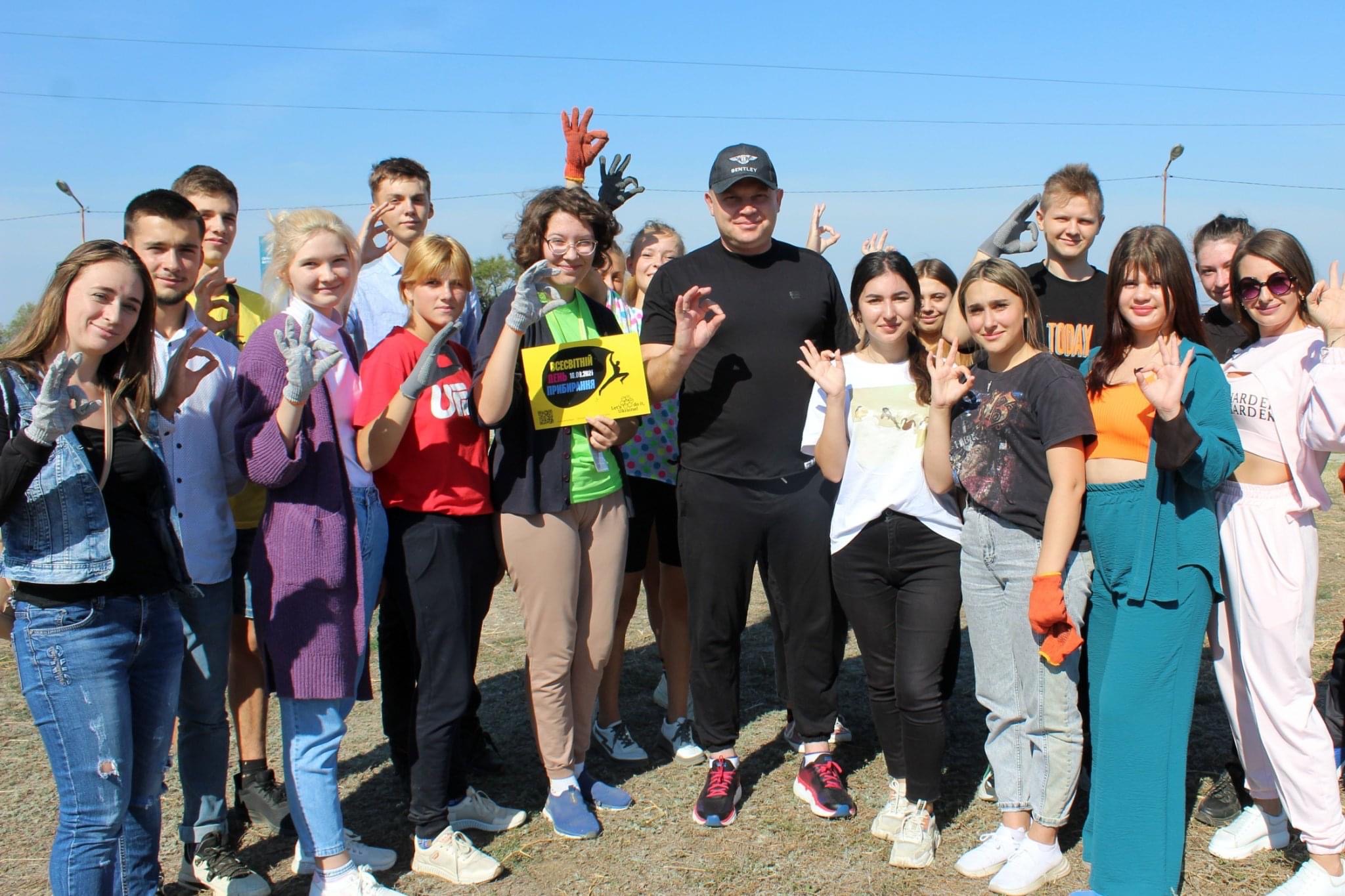
Vitaliy Hrazhdan was elected as Mayor of Bilhorod-Dnistrovskyi and Head of the Bilhorod-Dnistrovskyi Town Council on October 25, 2020. From 1999 to 2009, he did military service as a second-in-command of the company responsible for educational work and head of the club in military unit A0664 in Bilhorod-Dnistrovskyi, Odesa region.
From 2009 to 2015, he worked as an investigator of the military prosecutor’s office of the Bolhrad garrison, a prosecutor and a senior military prosecutor of the Bilhorod-Dnistrovskyi garrison. He was dismissed from his position due to reduction of personnel.
In 2015, he was elected as a deputy of the Bilhorod-Dnistrovskyi Town Council of the 7th convocation, head of the standing commission for the issues of Legitimacy, Regulations, and Protection of Citizens’ Rights. In 2015, he started working for Absolvo Attorneys at Law.
He has actively engaged in and ensured the effective work of the Town Council since the first days of the war.
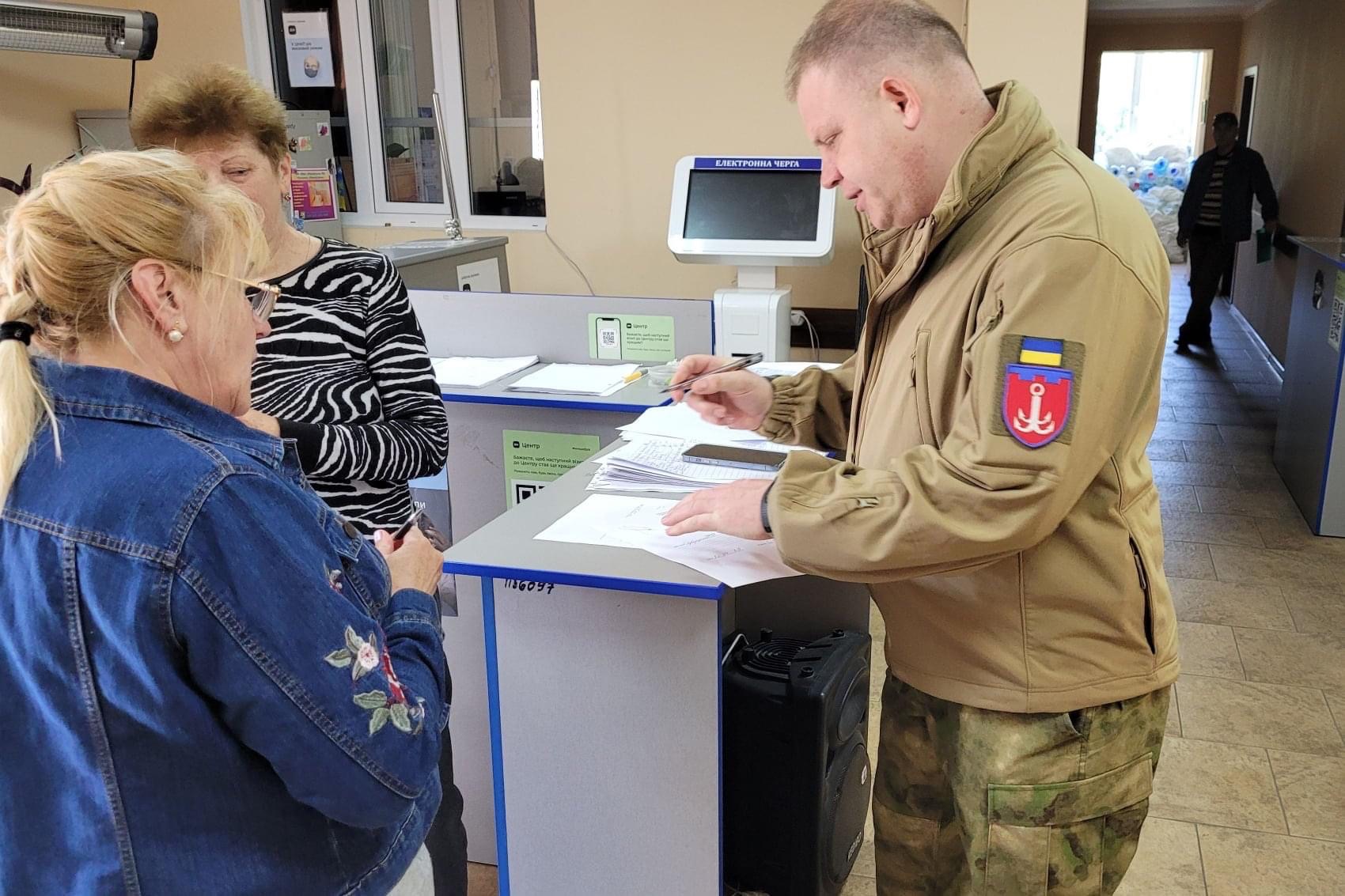
Despite martial law and difficult times, Bilhorod-Dnistrovskyi tries to live a normal, ordinary life: to hold cultural events, raise money for the Armed Forces of Ukraine, enjoy sports achievements, conduct sightseeing tours, organize town events, support each other and believe in our country’s victory.
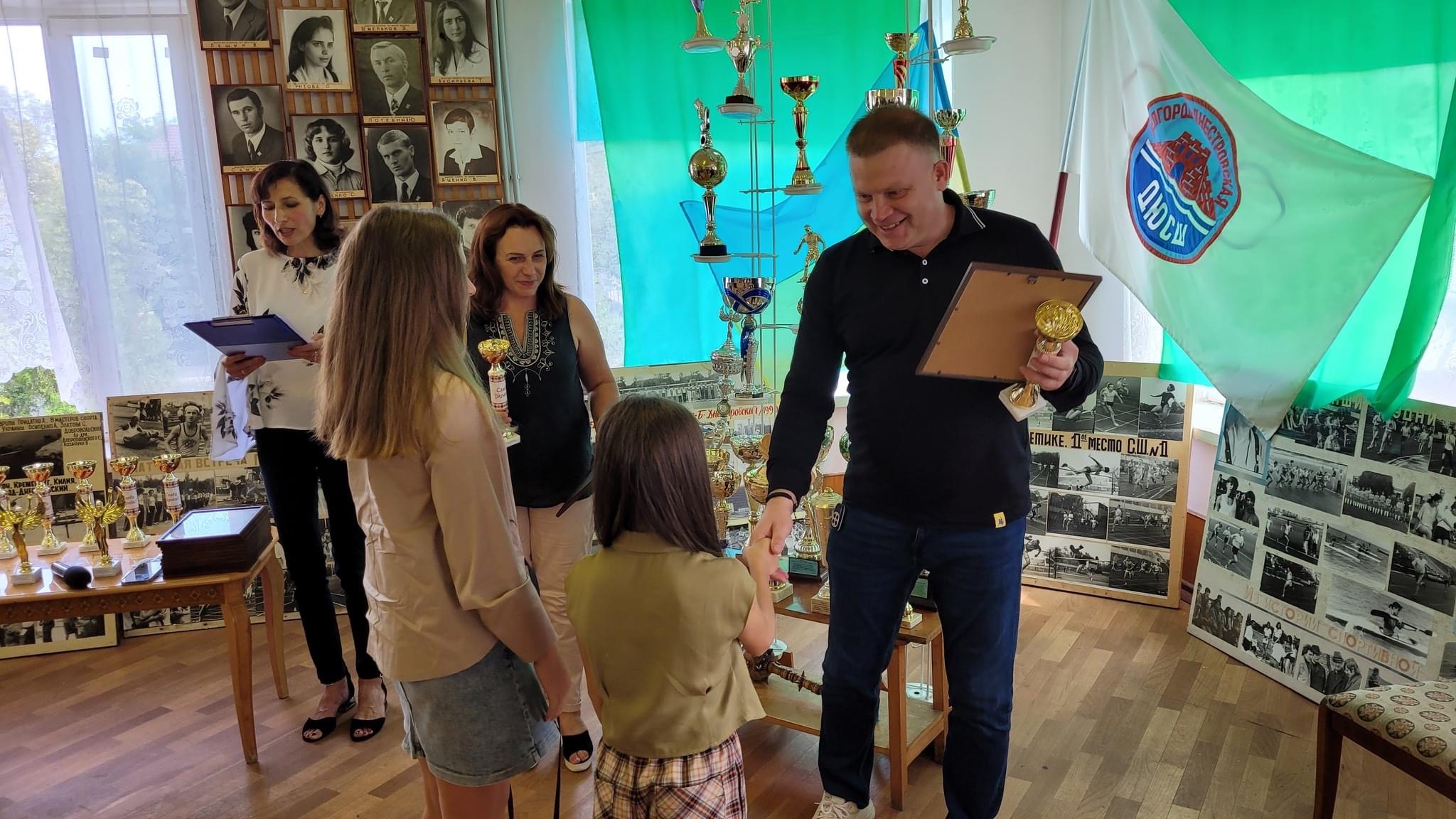
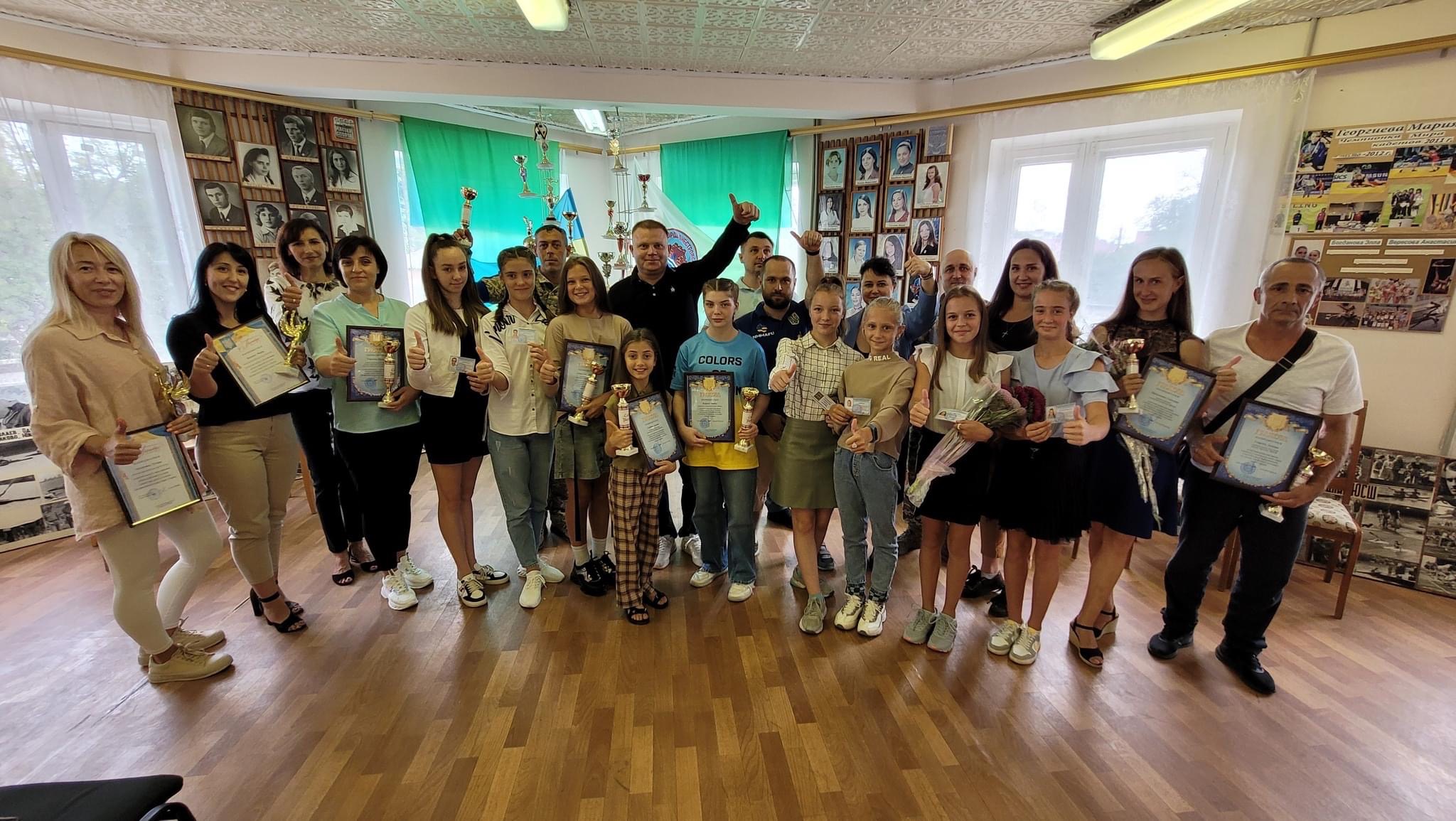
Development Strategy
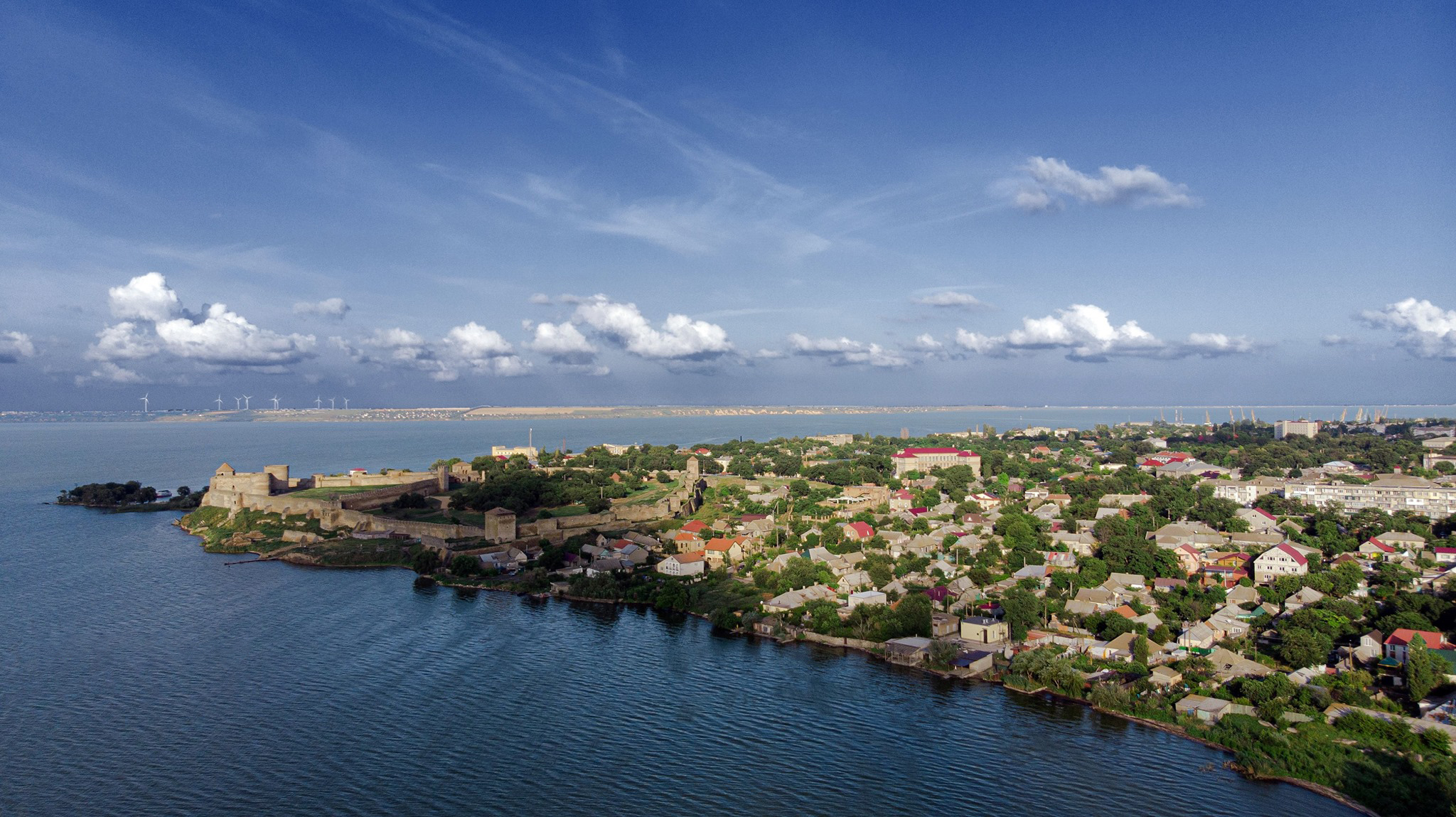
In 2020, the Executive Committee of the Bilhorod-Dnistrovskyi Town Council adopted the Bilhorod-Dnistrovskyi Development Strategy until 2028. It outlines the main priority areas for the town’s development:
- “Growth of social capital”
- “Town Improvement and Spatial Development”
- “Intensive-type Economic Growth”
- “Revival of Cultural Heritage and Tourism Development”
Taking into account the current circumstances in the country, the community decided to amend the Strategy according to the nowadays challenges, so it has started updating the Bilhorod-Dnistrovskyi Town Development Strategy until 2028.
List of Sources
- Information provided by the Department of Economy and Town Infrastructure Development of the Bilhorod-Dnistrovskyi Town Council.
- Official website of the Bilhorod-Dnistrovskyi Town Council
- Official webpage of Head of the Town Council Vitaliy Hrazhdan
- Official page of the Bilhorod-Dnistrovskyi Town Council
- Official page of the Bilhorod-Dnistrovskyi Museum of Local History
